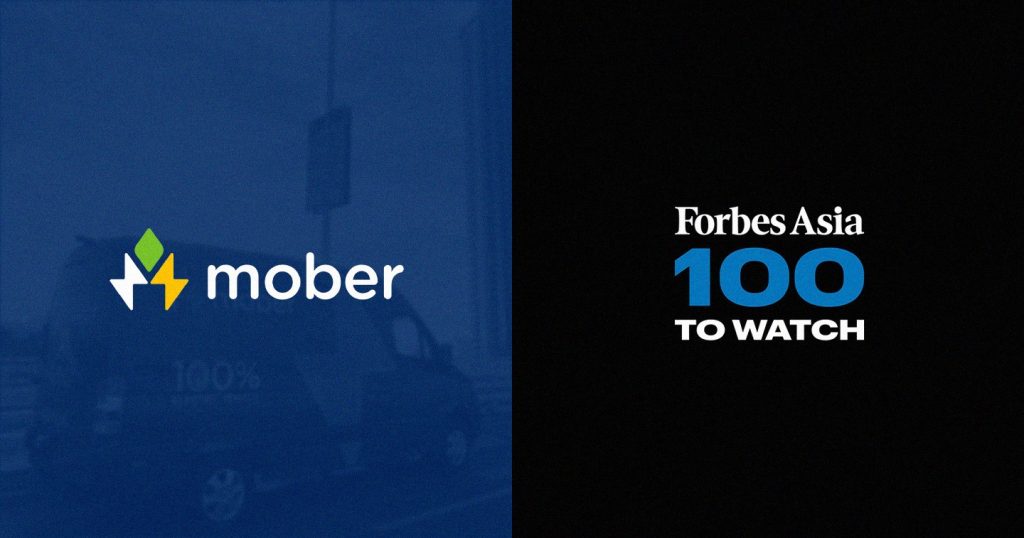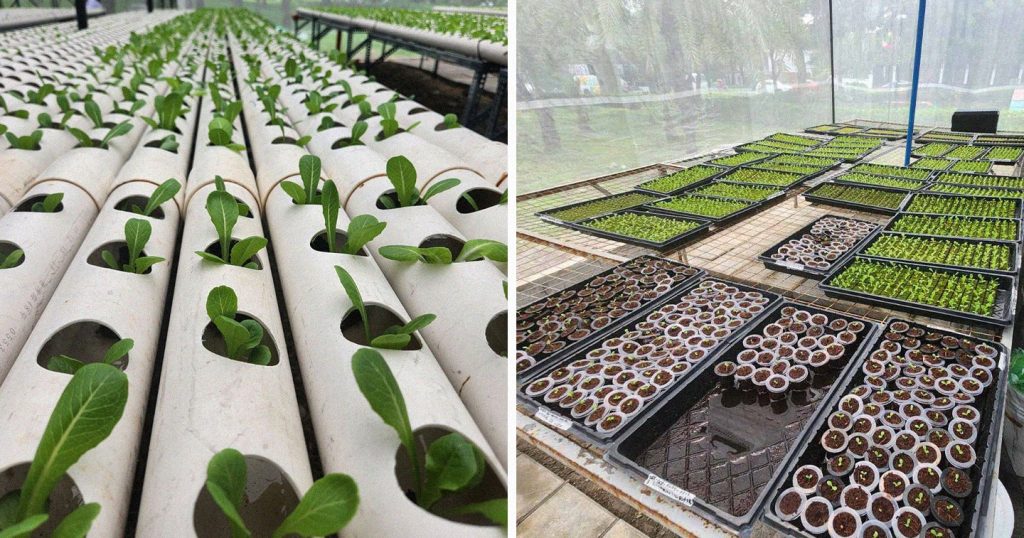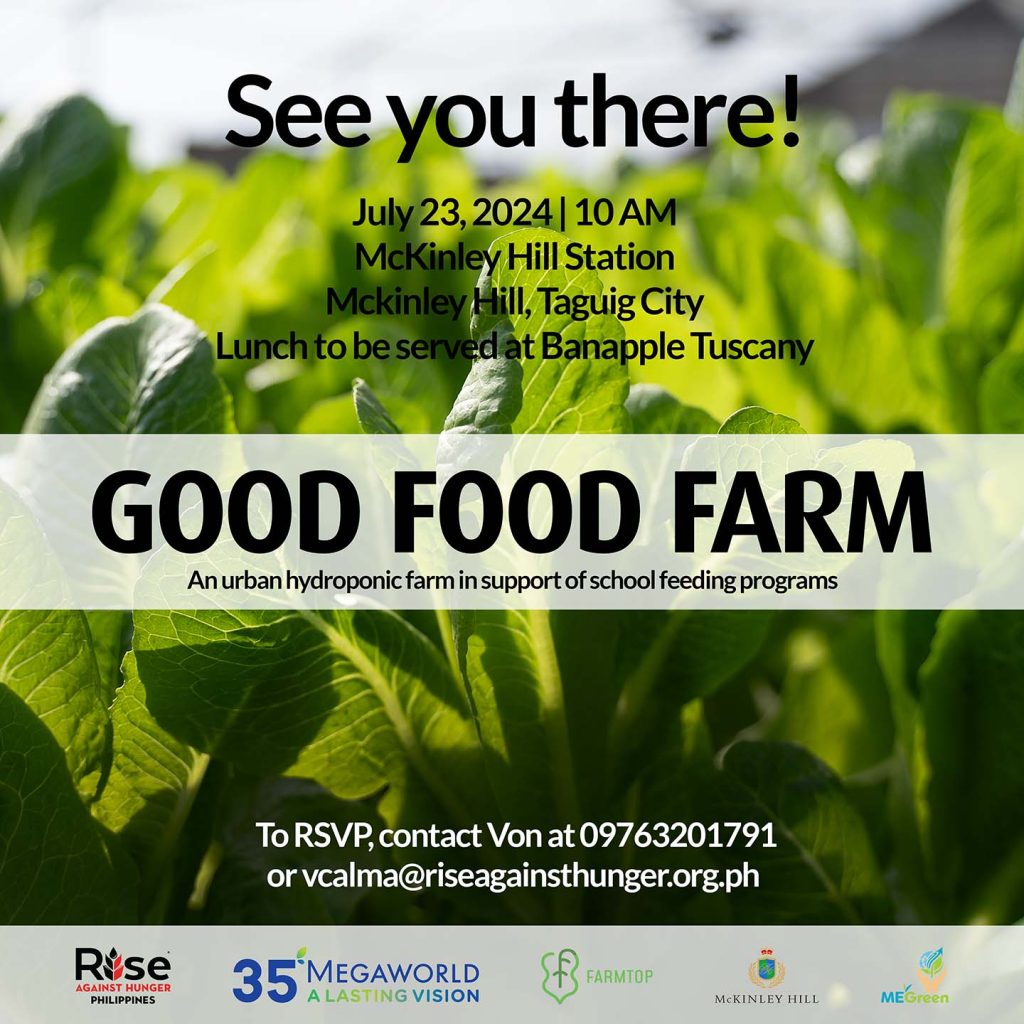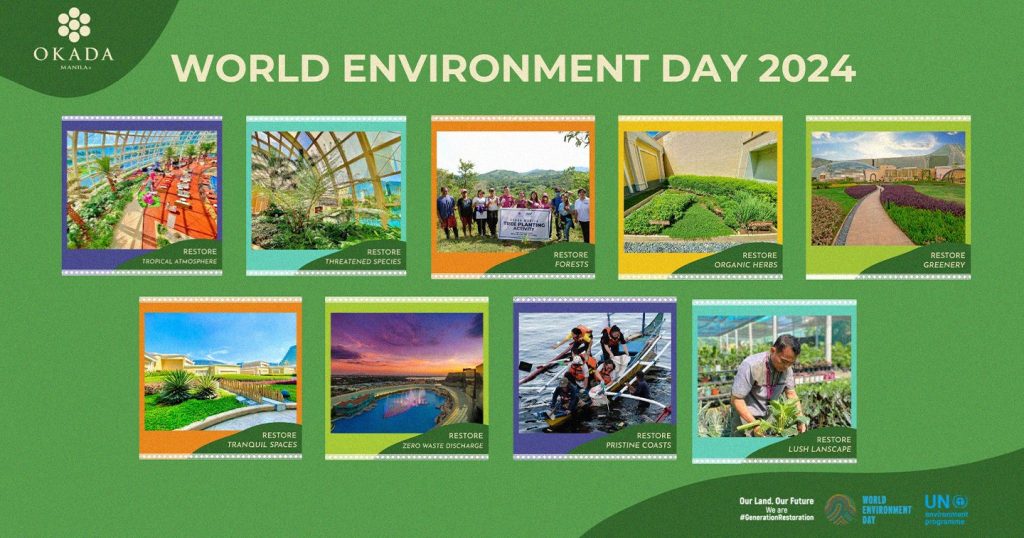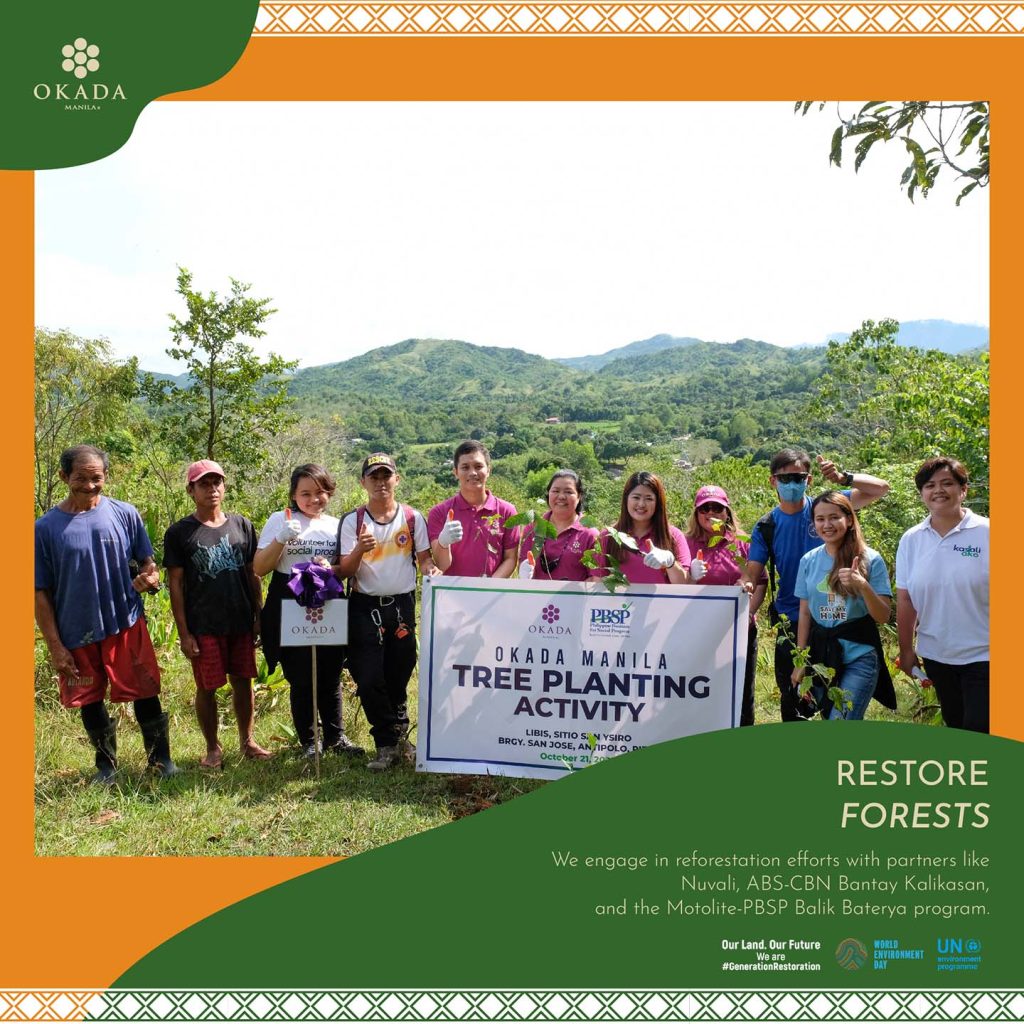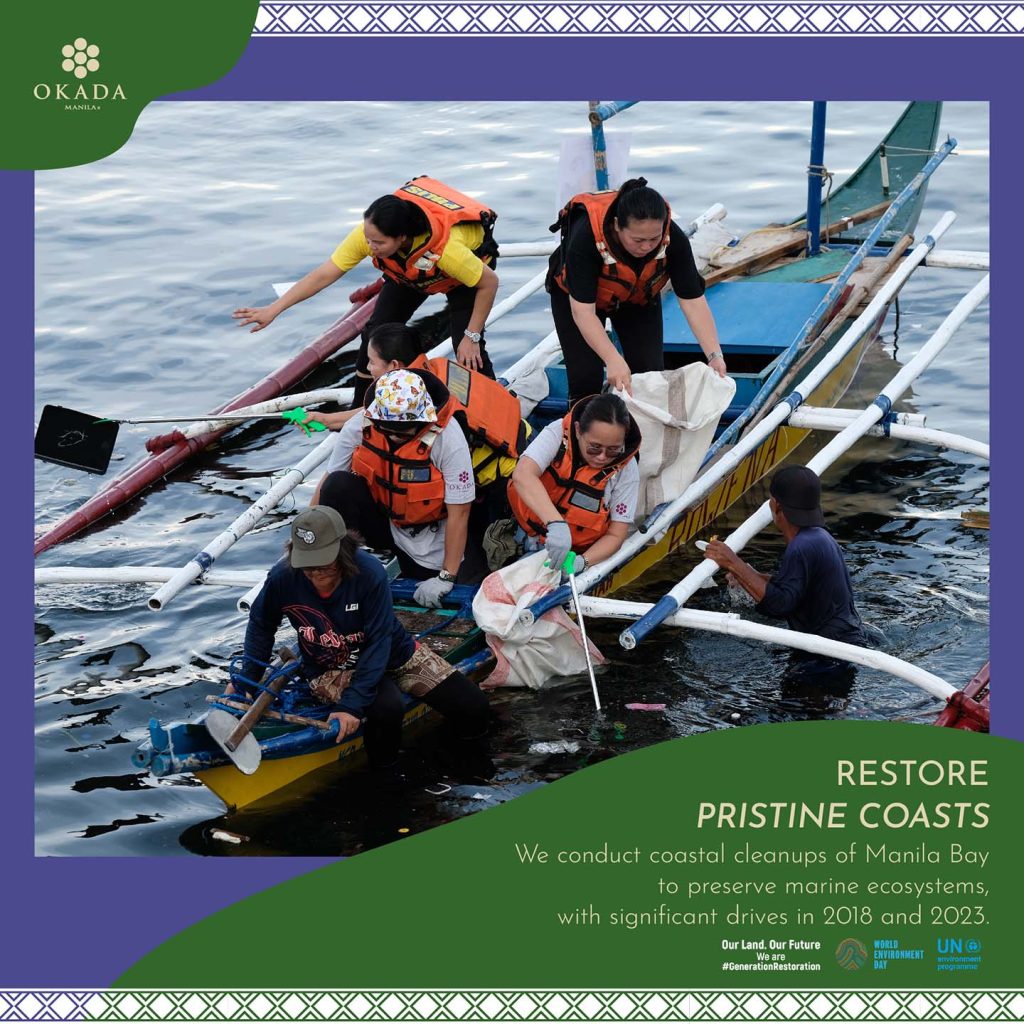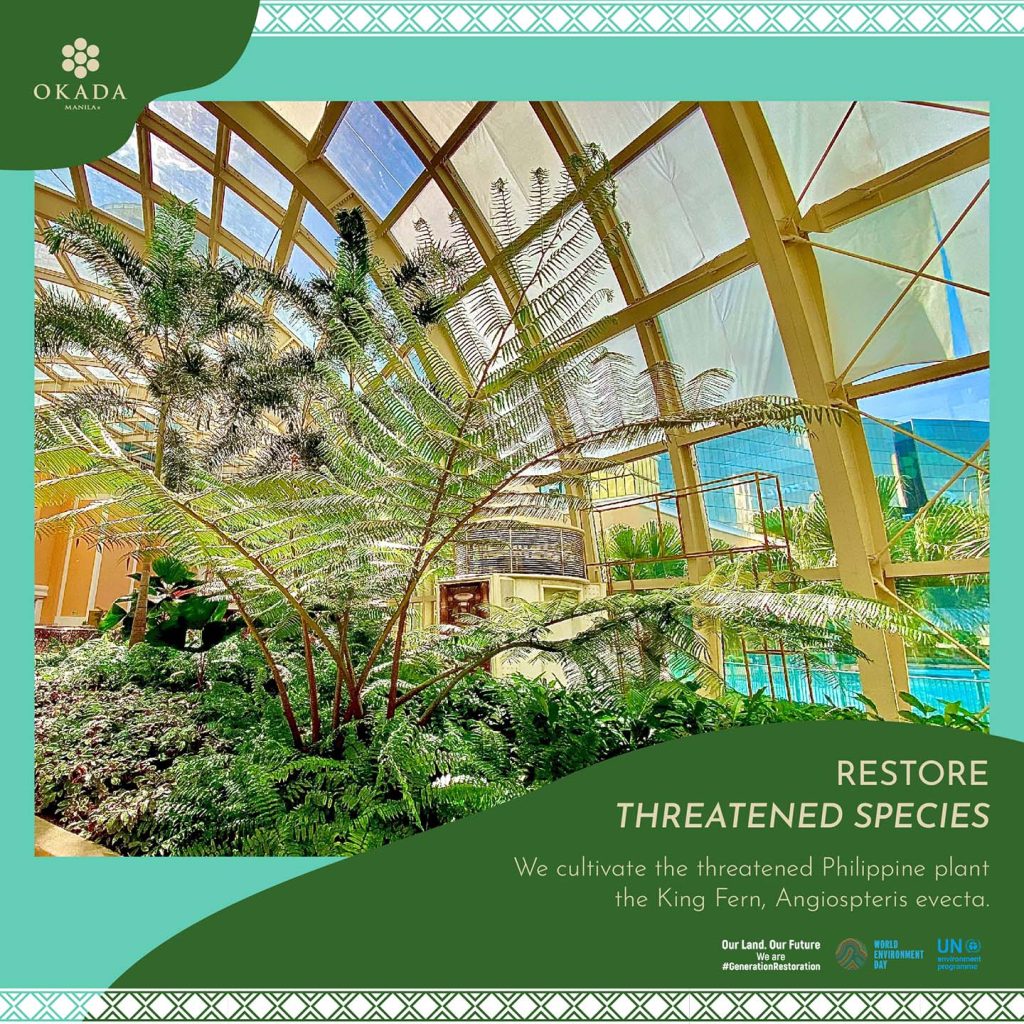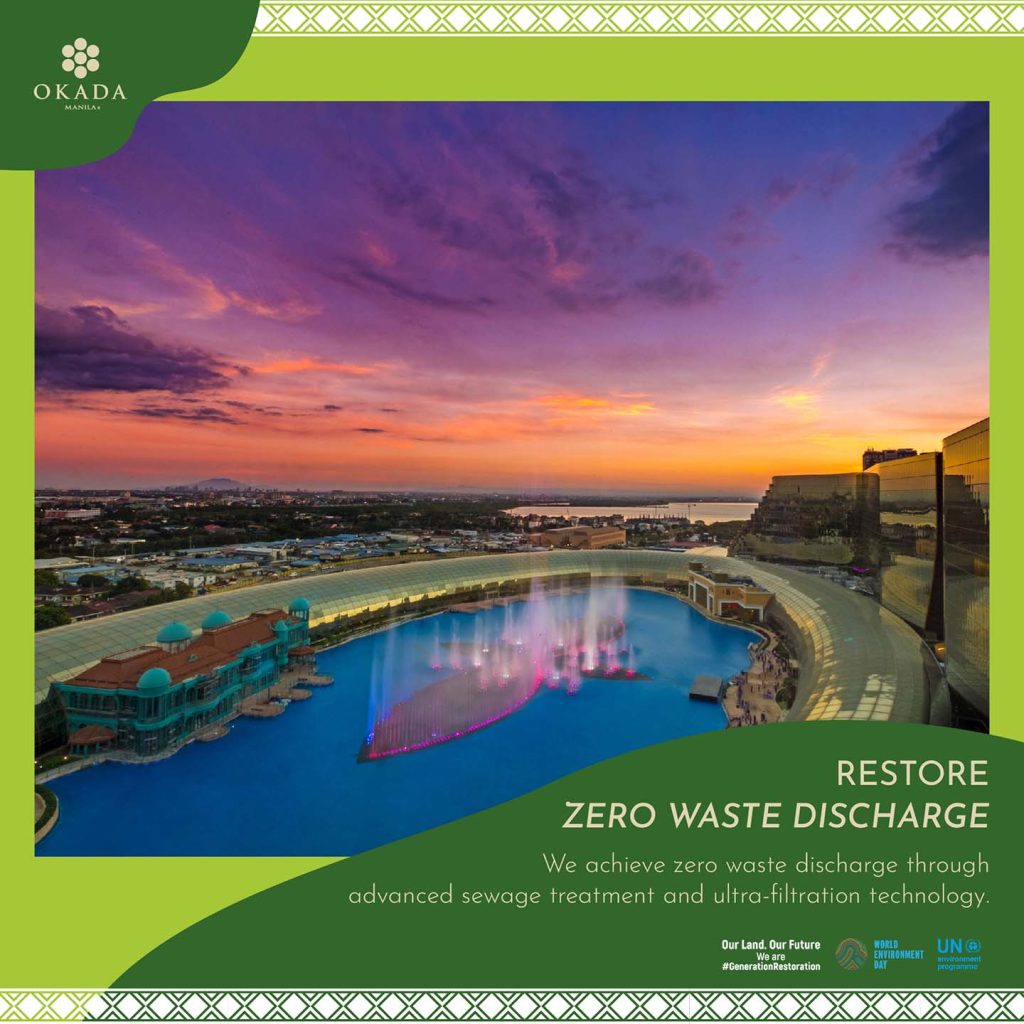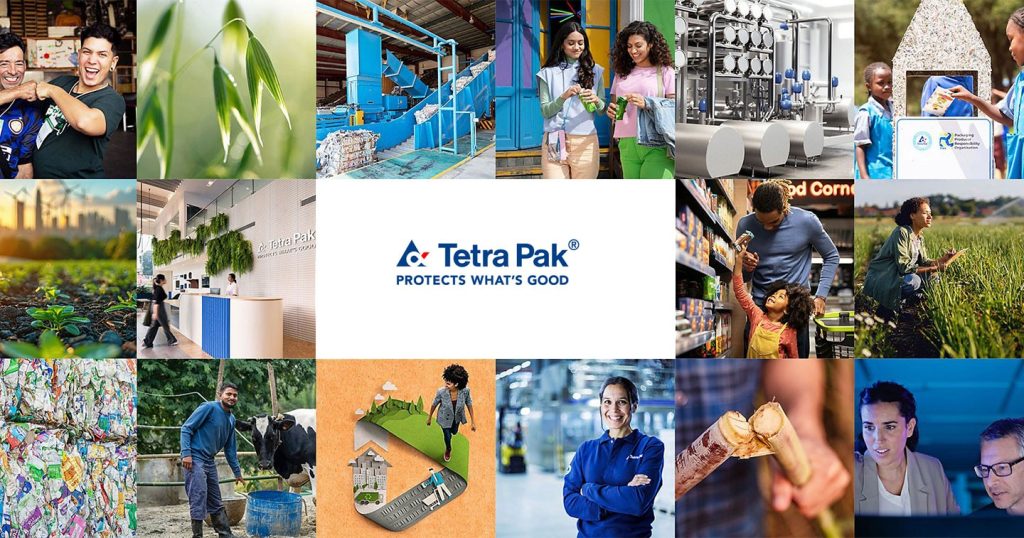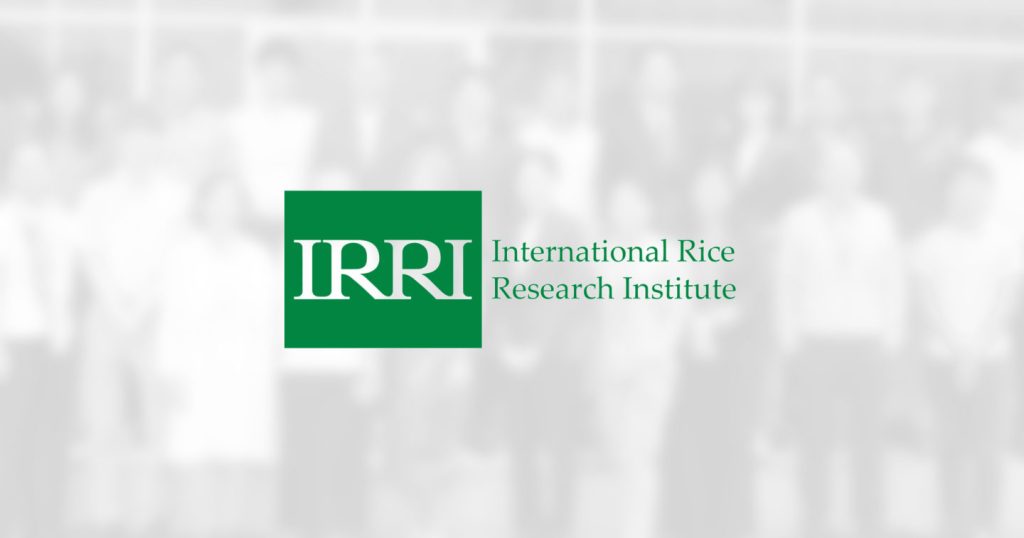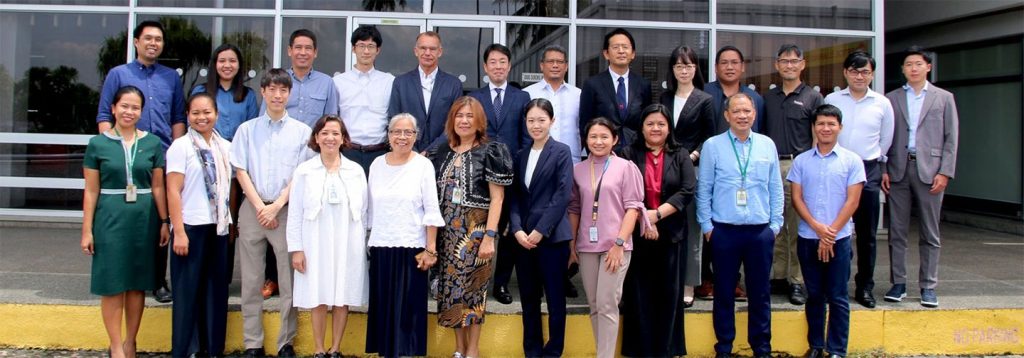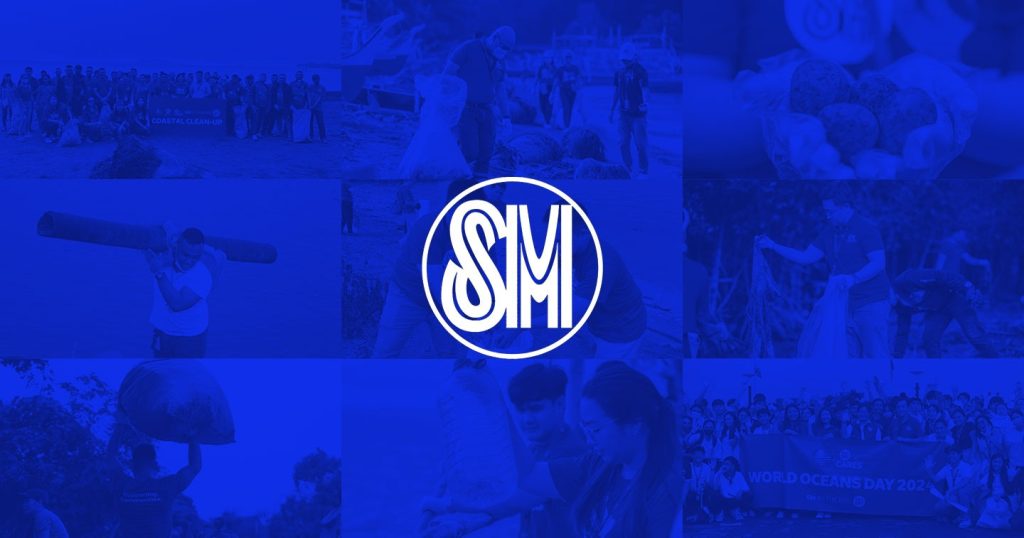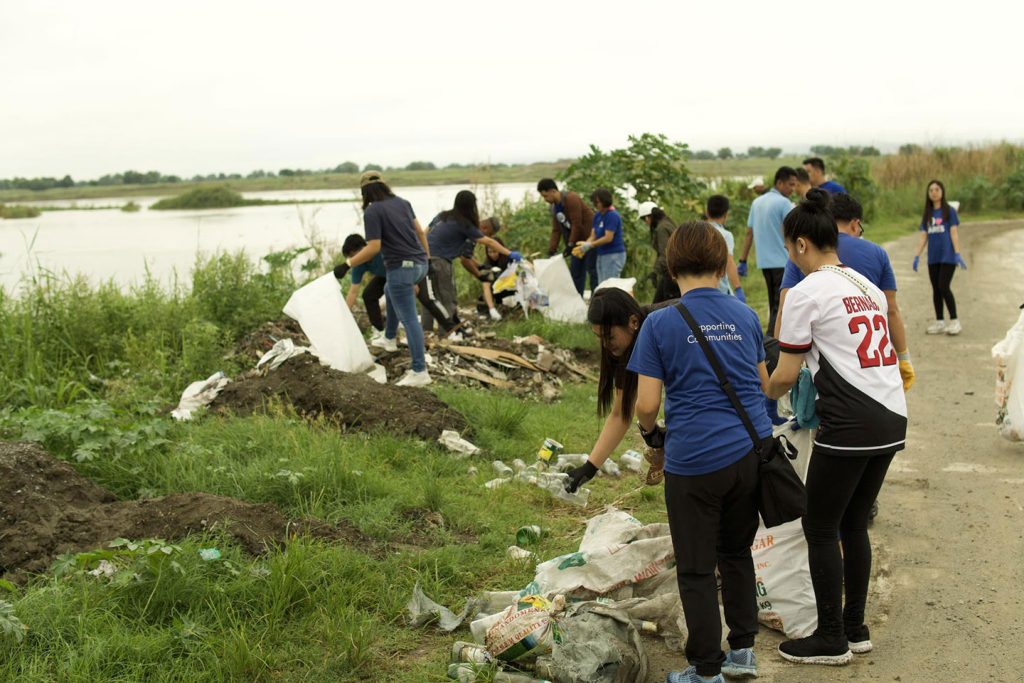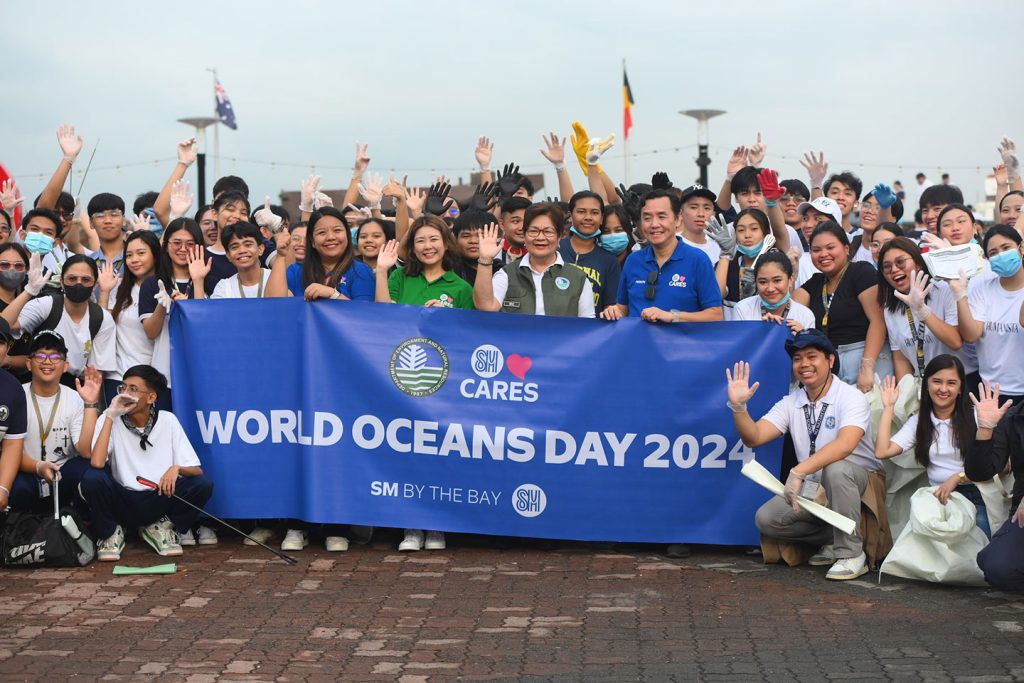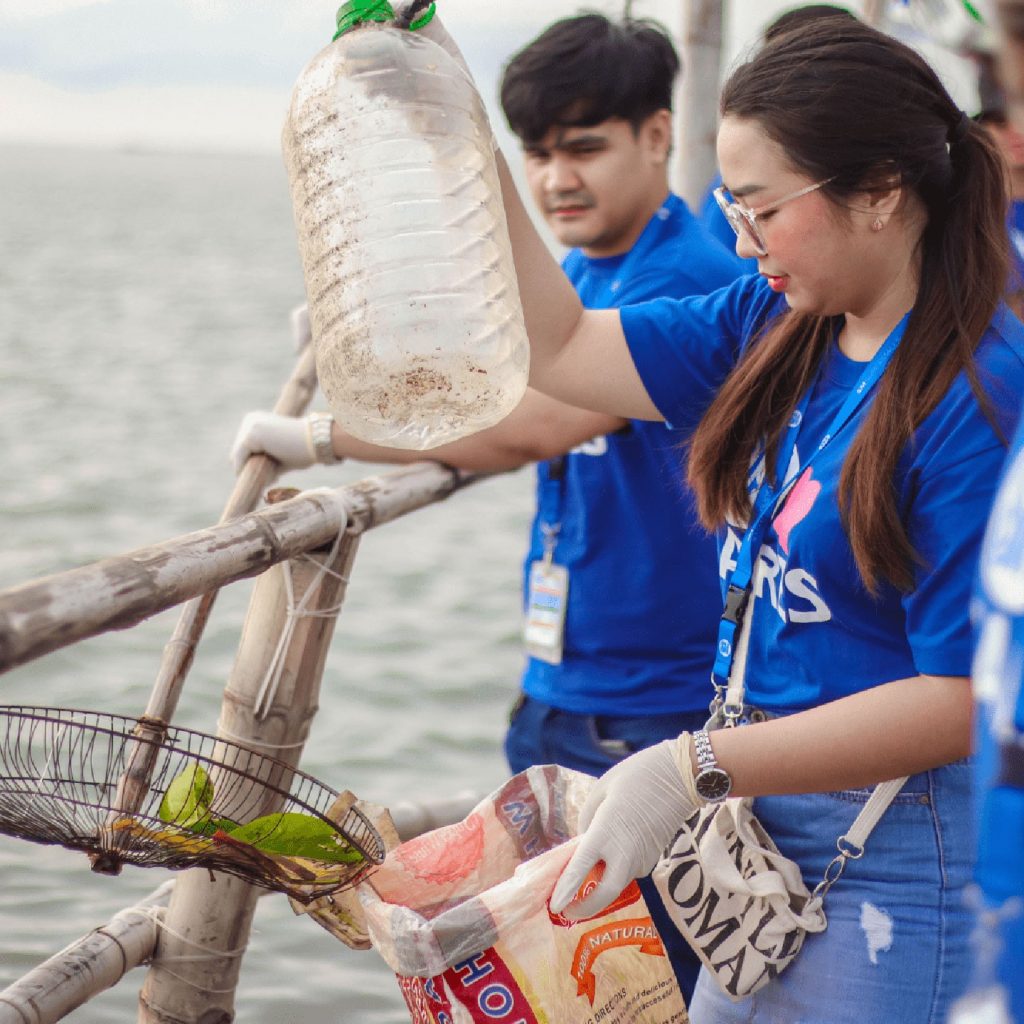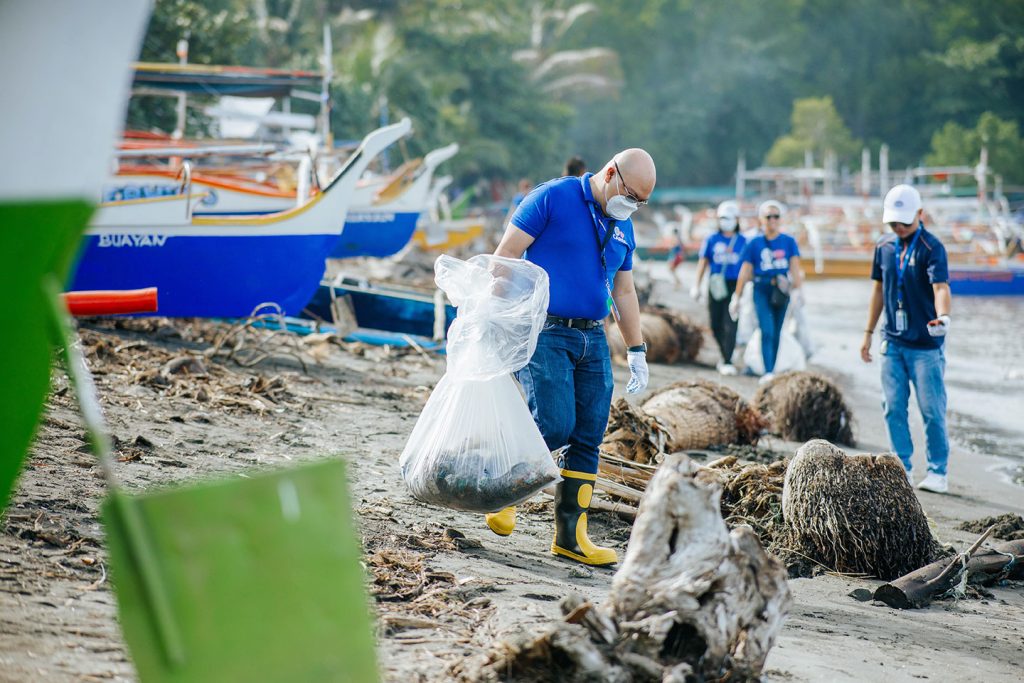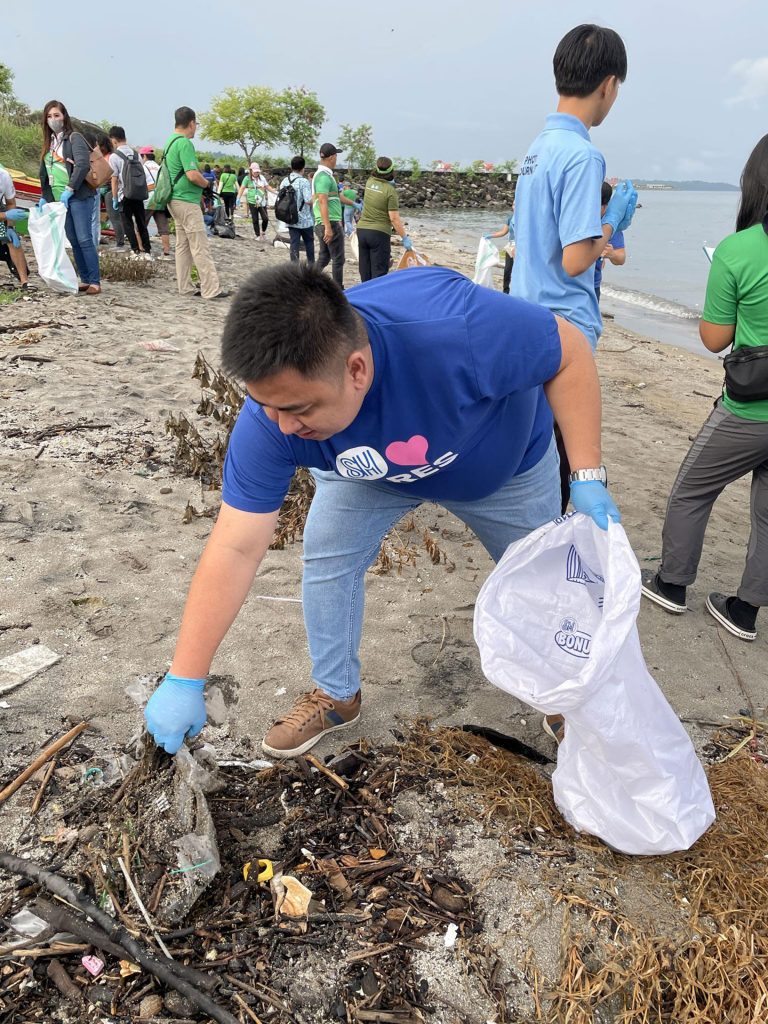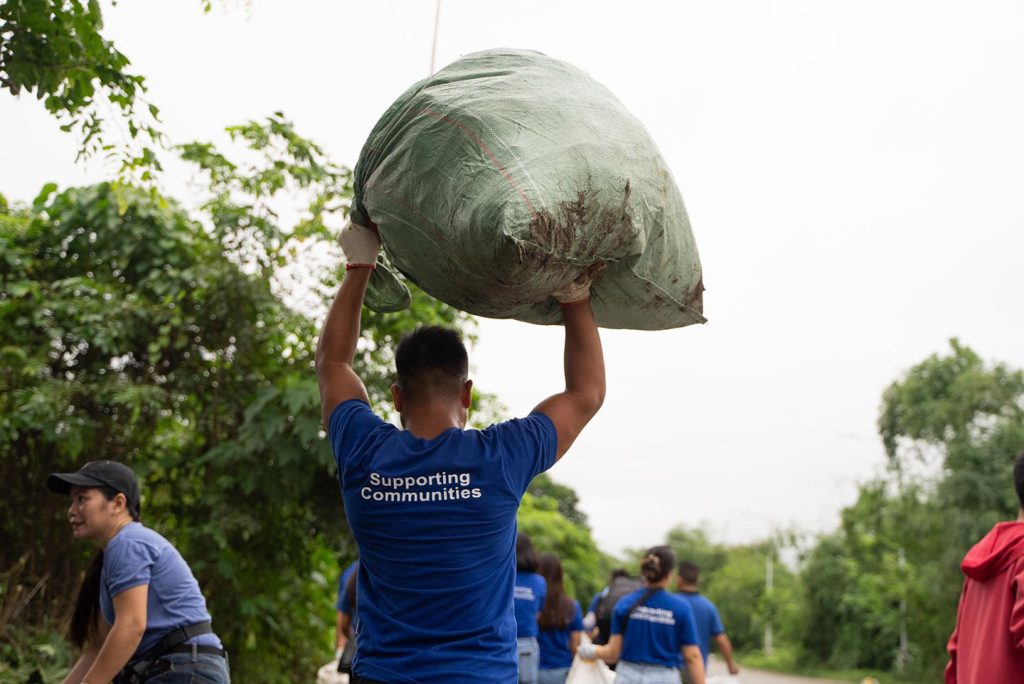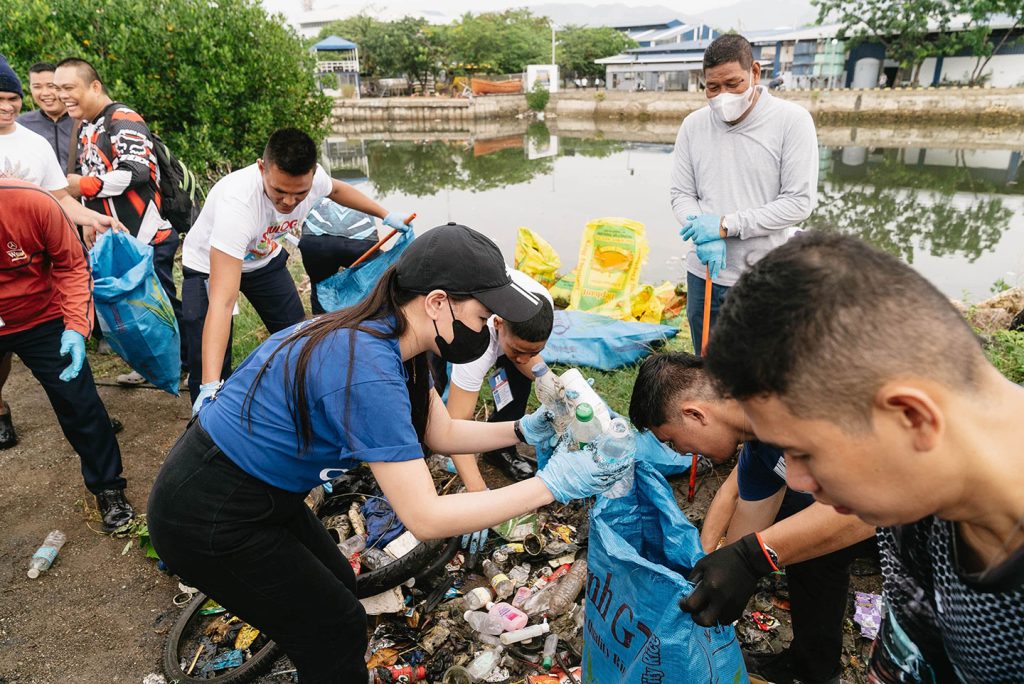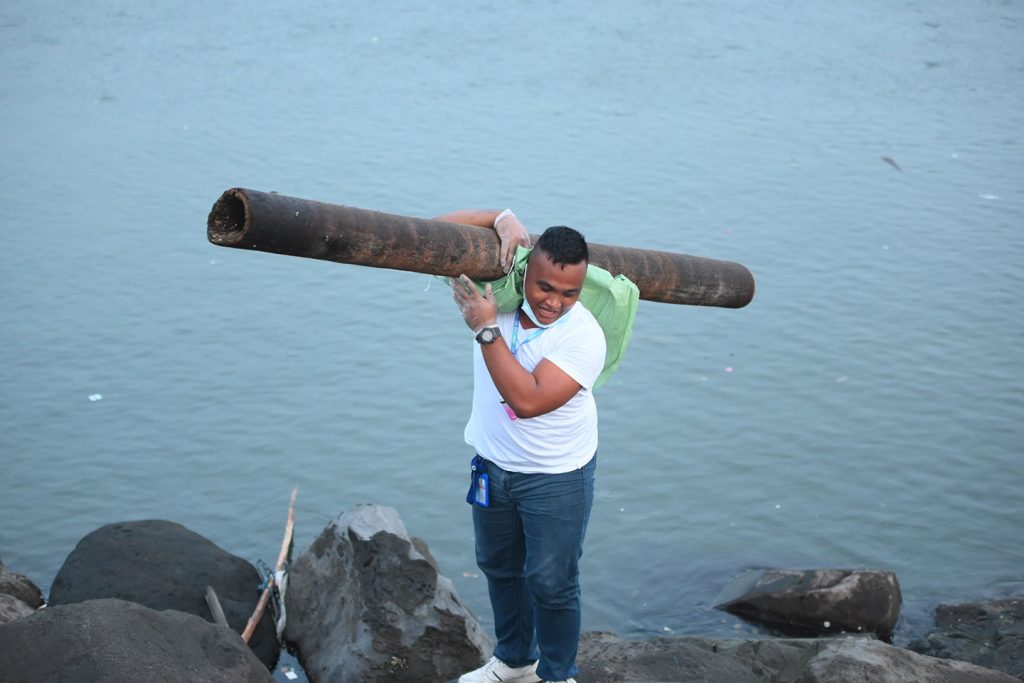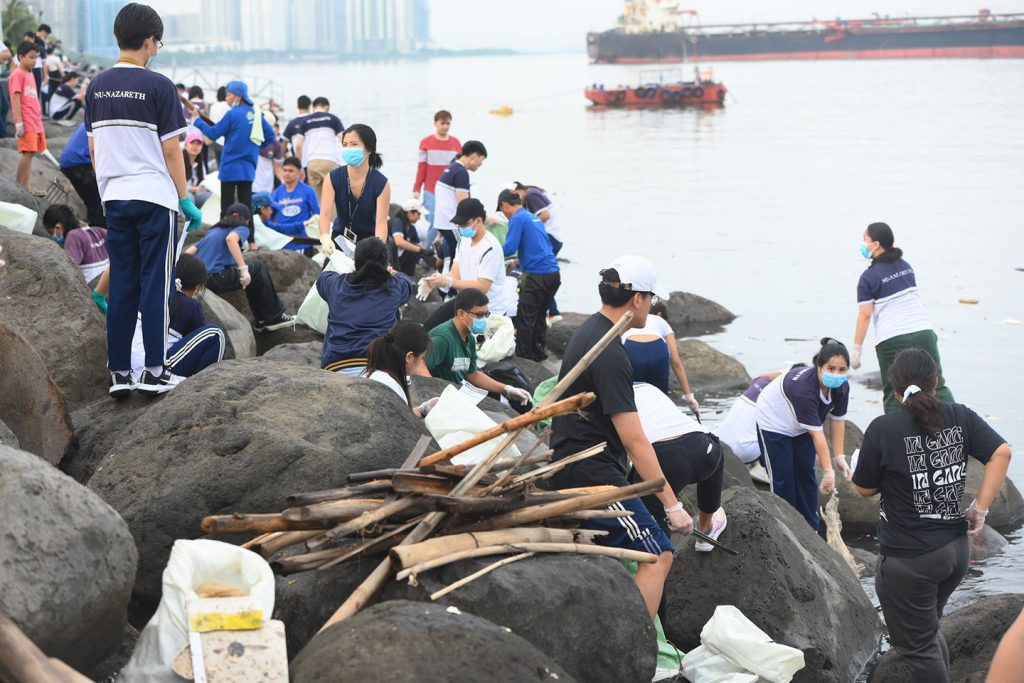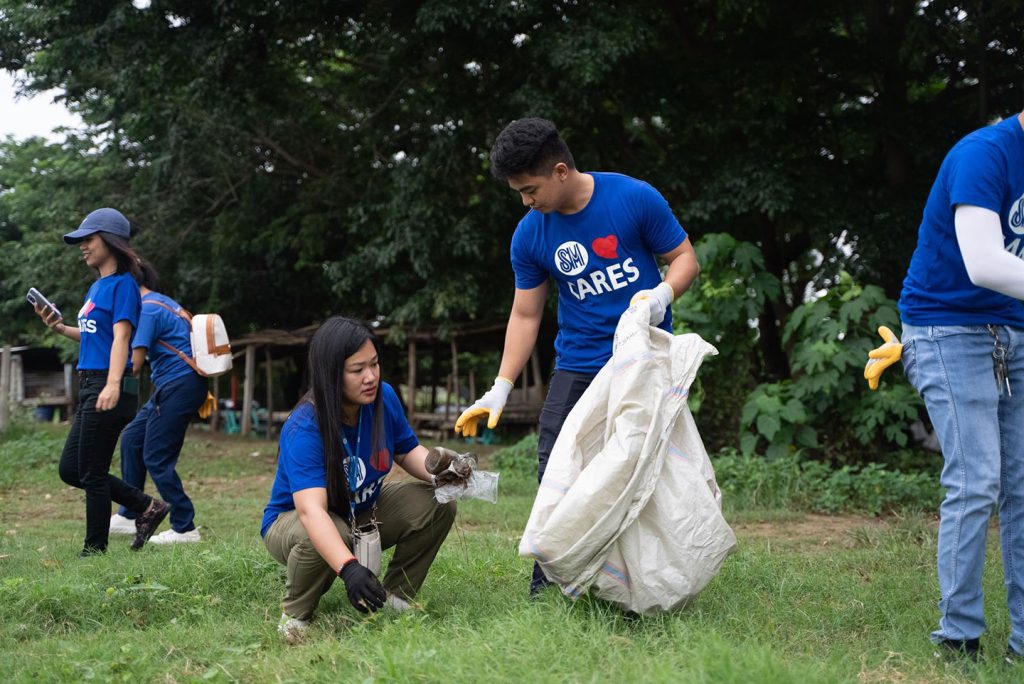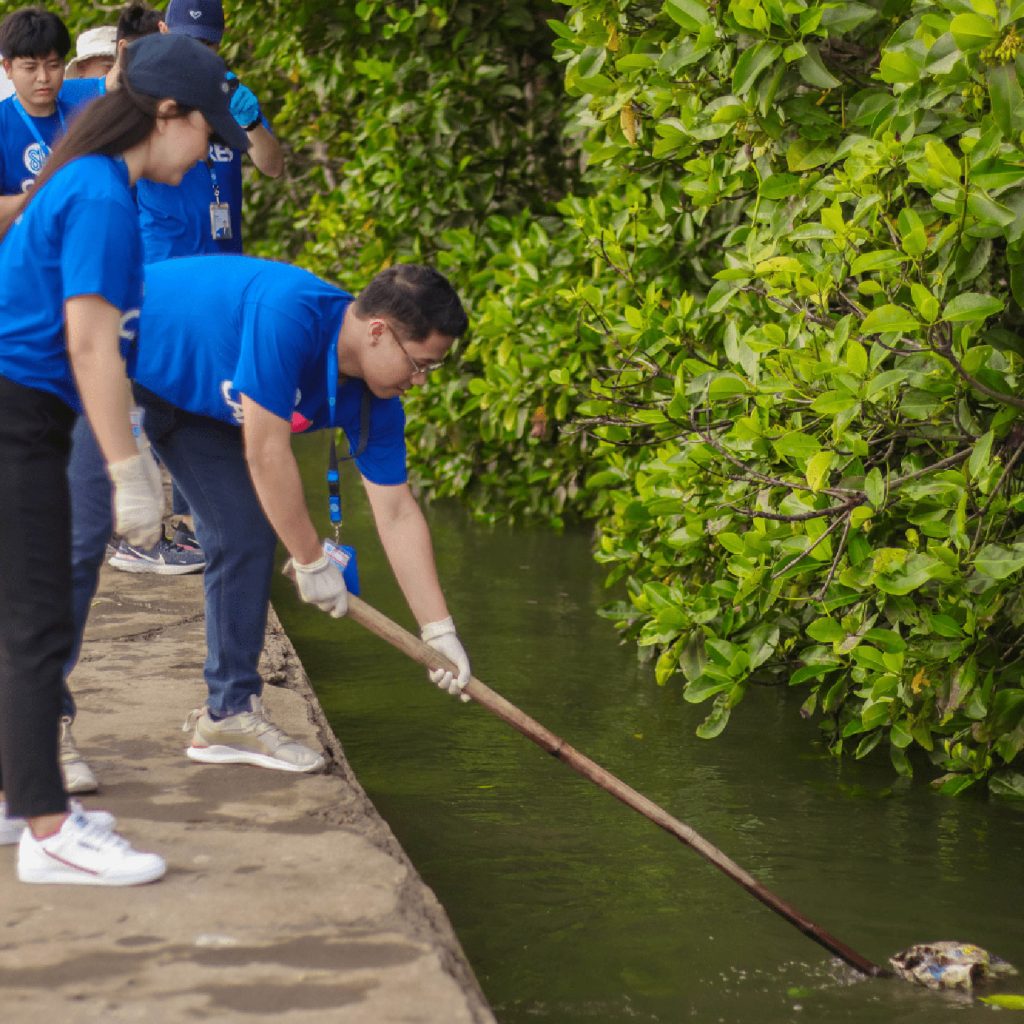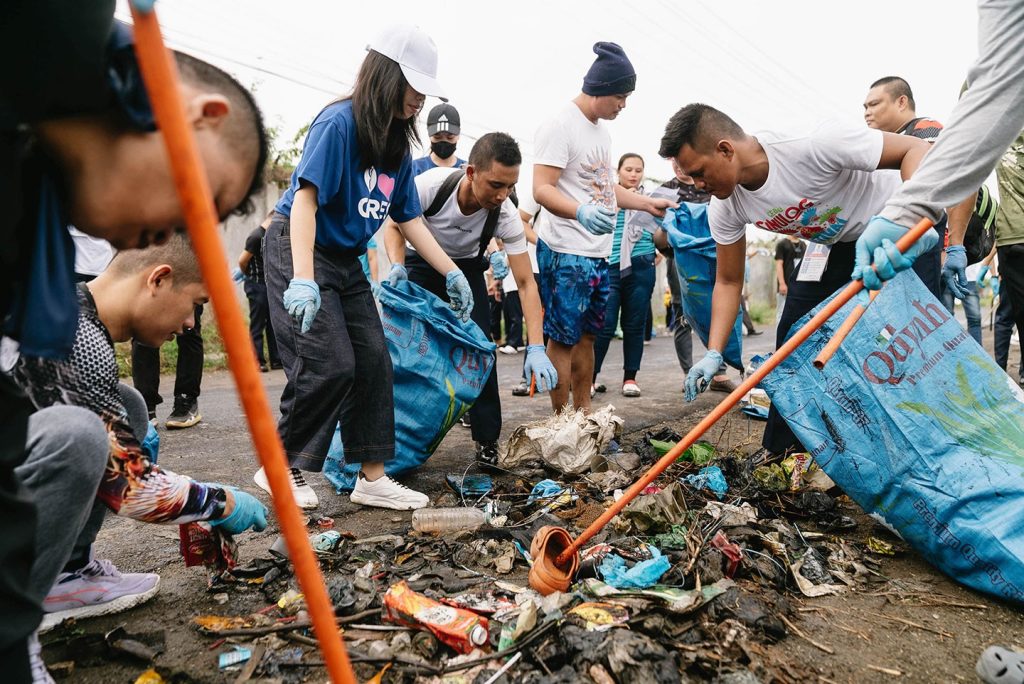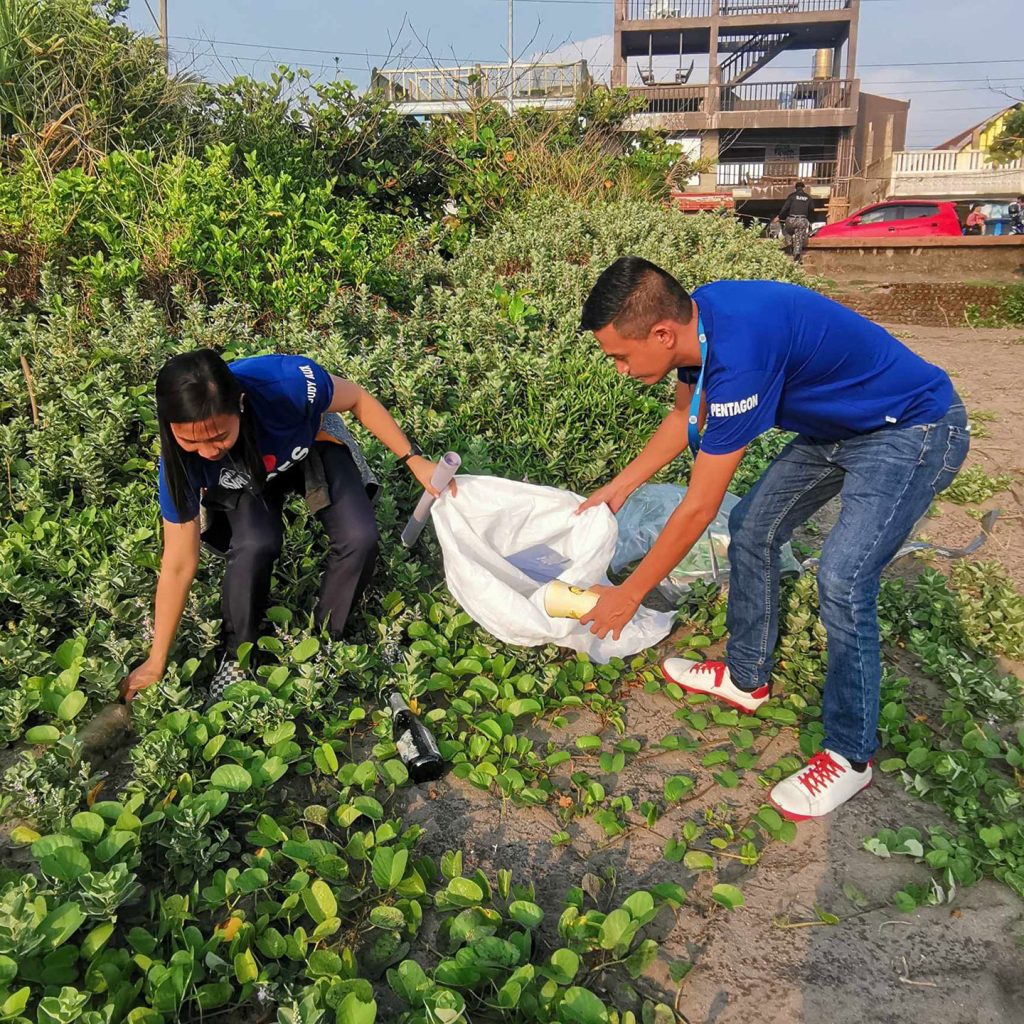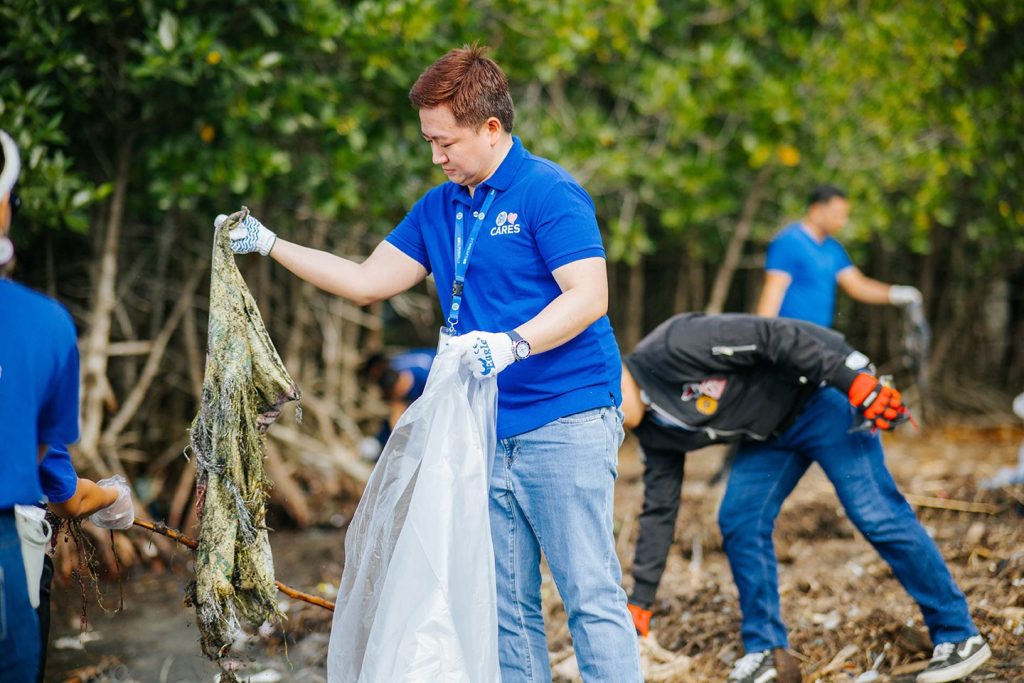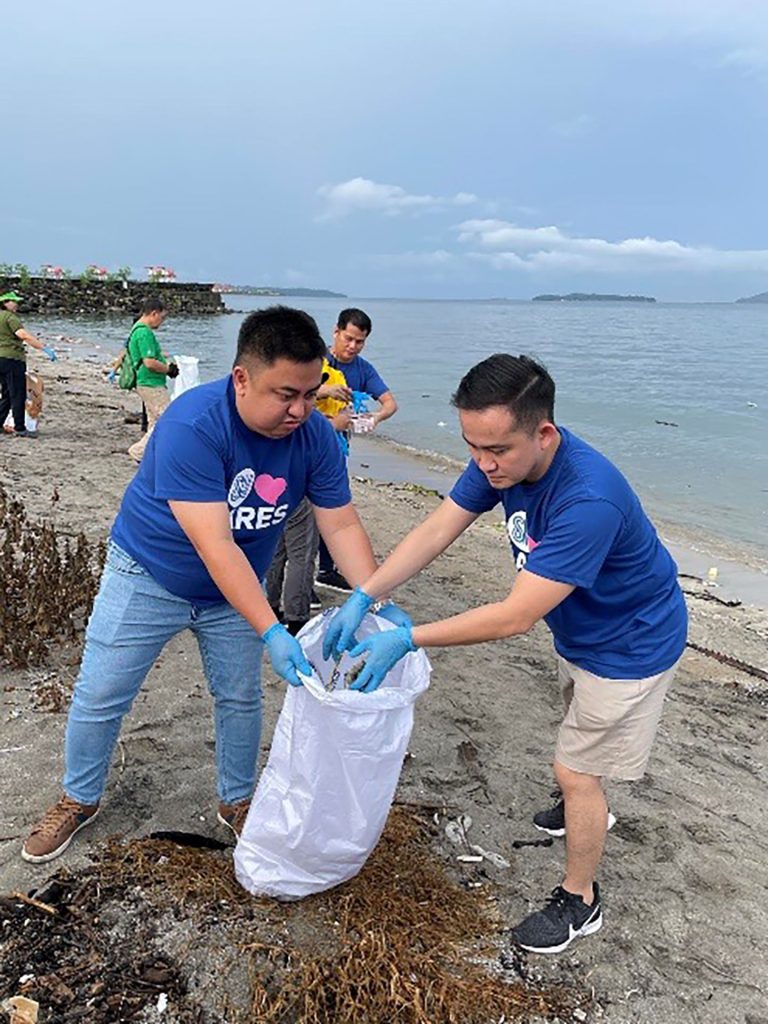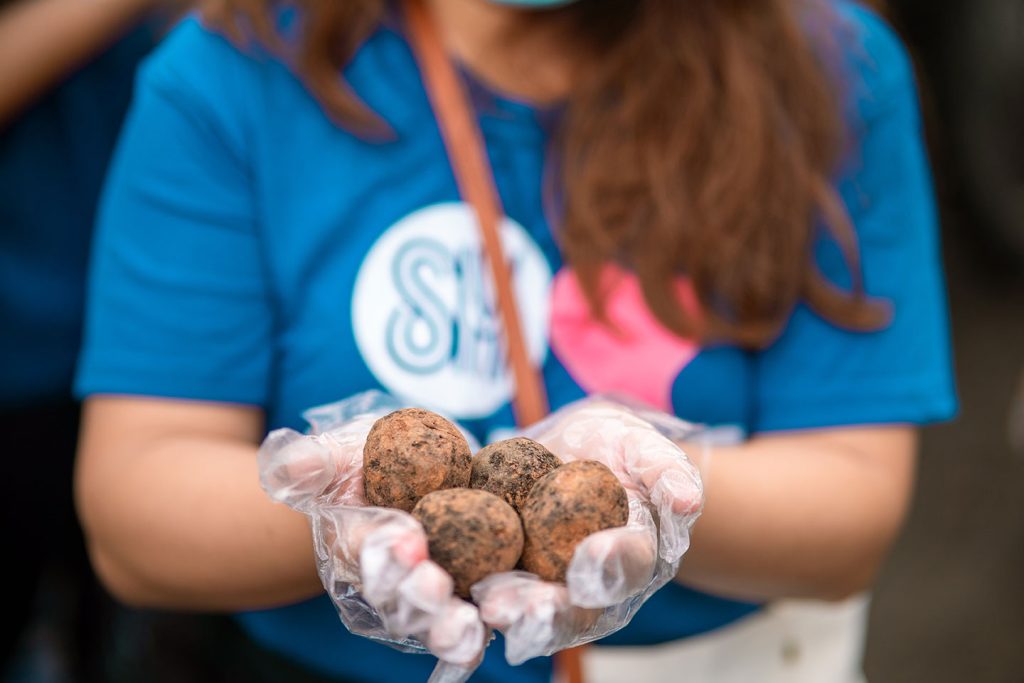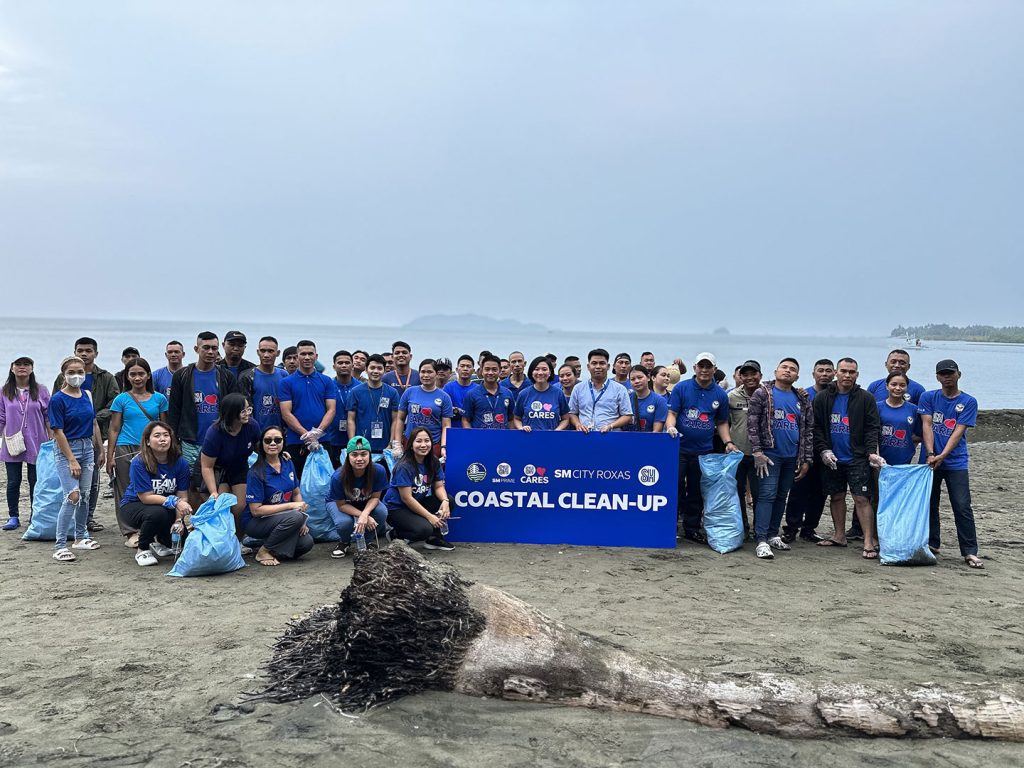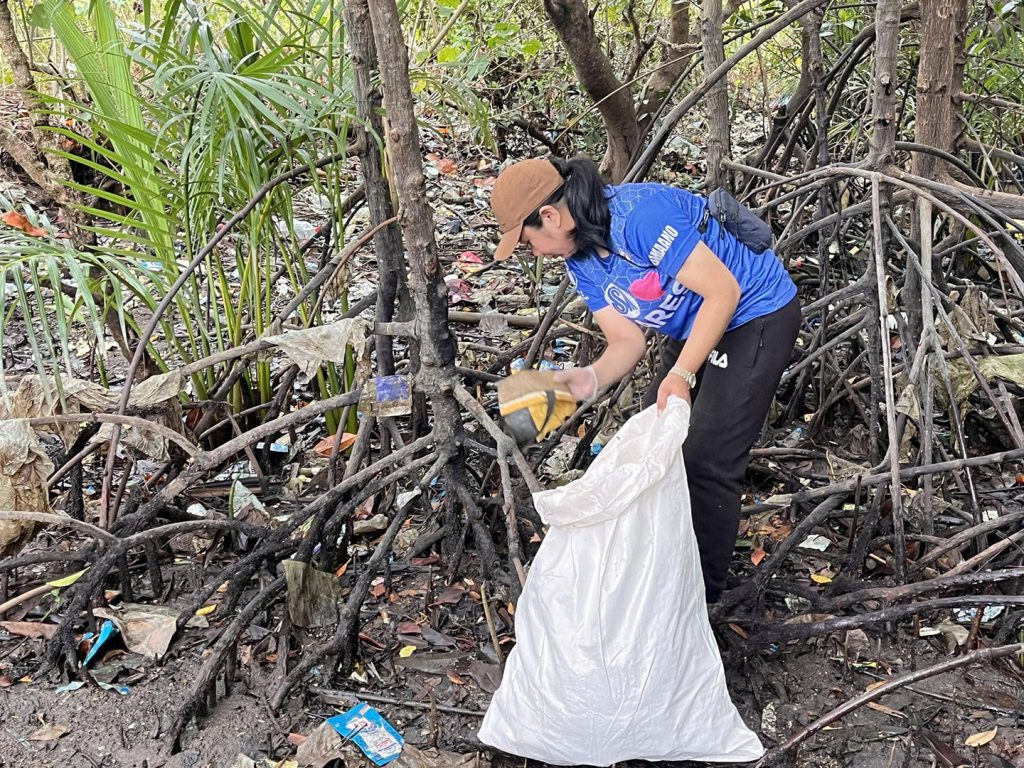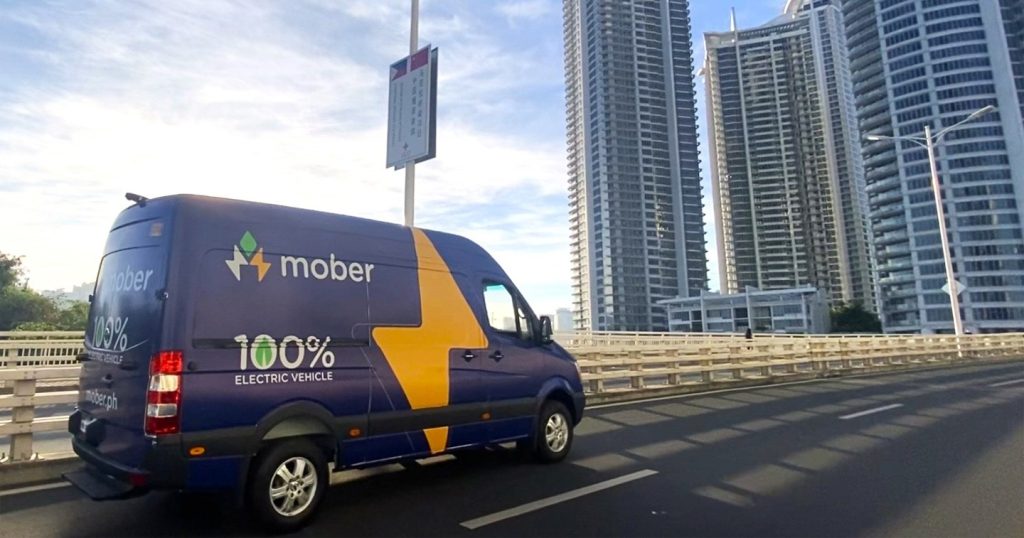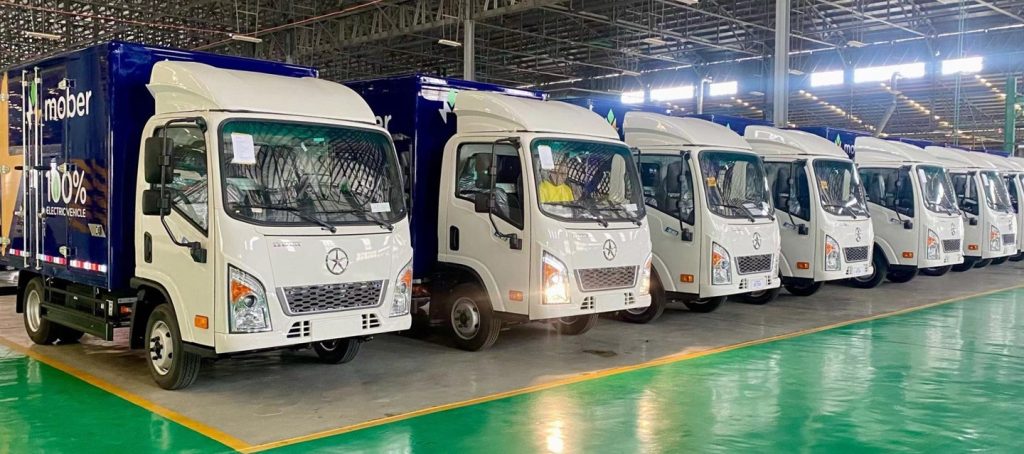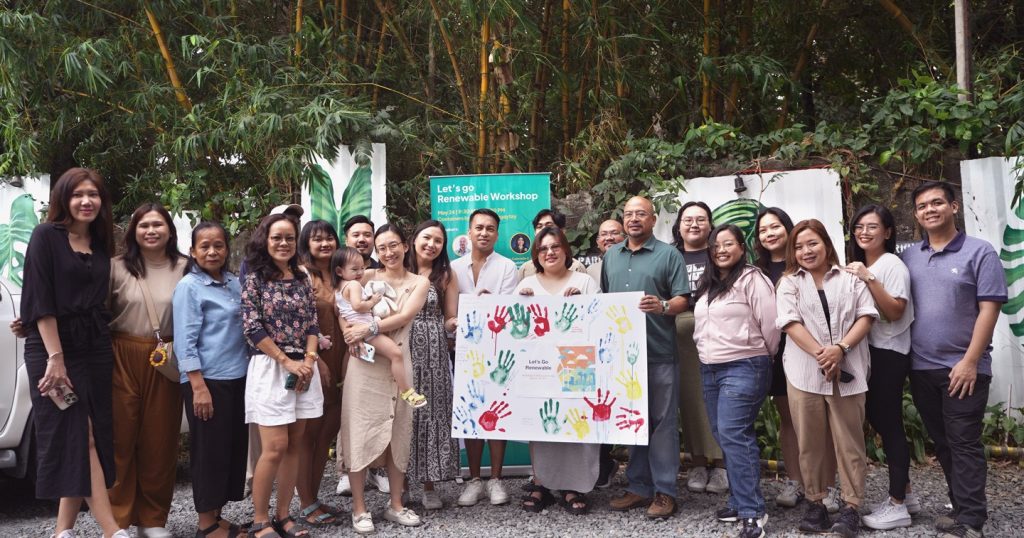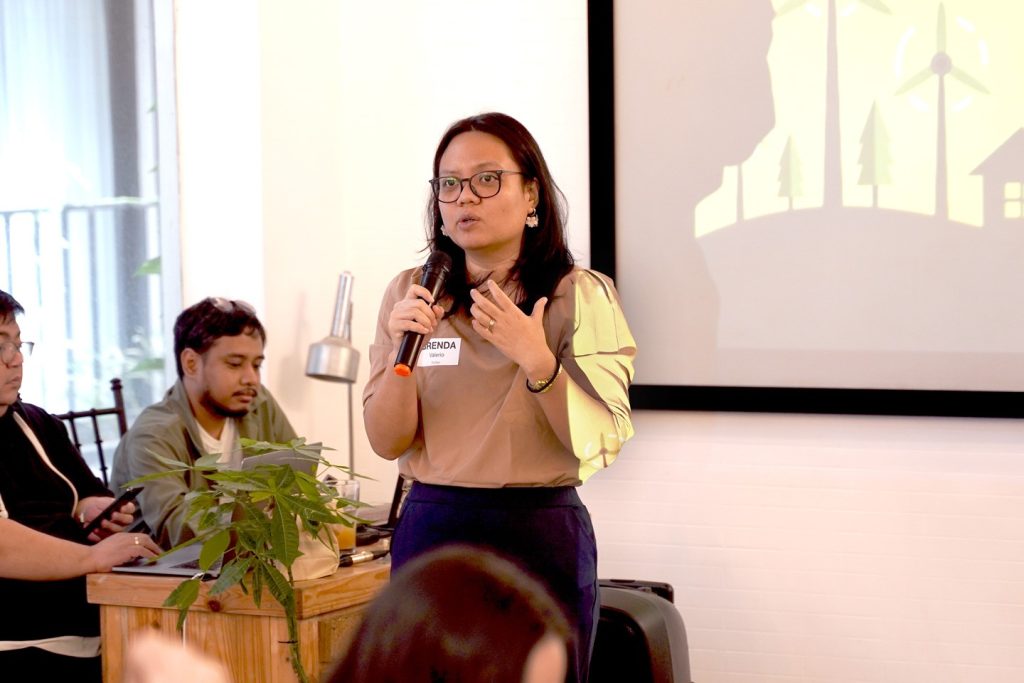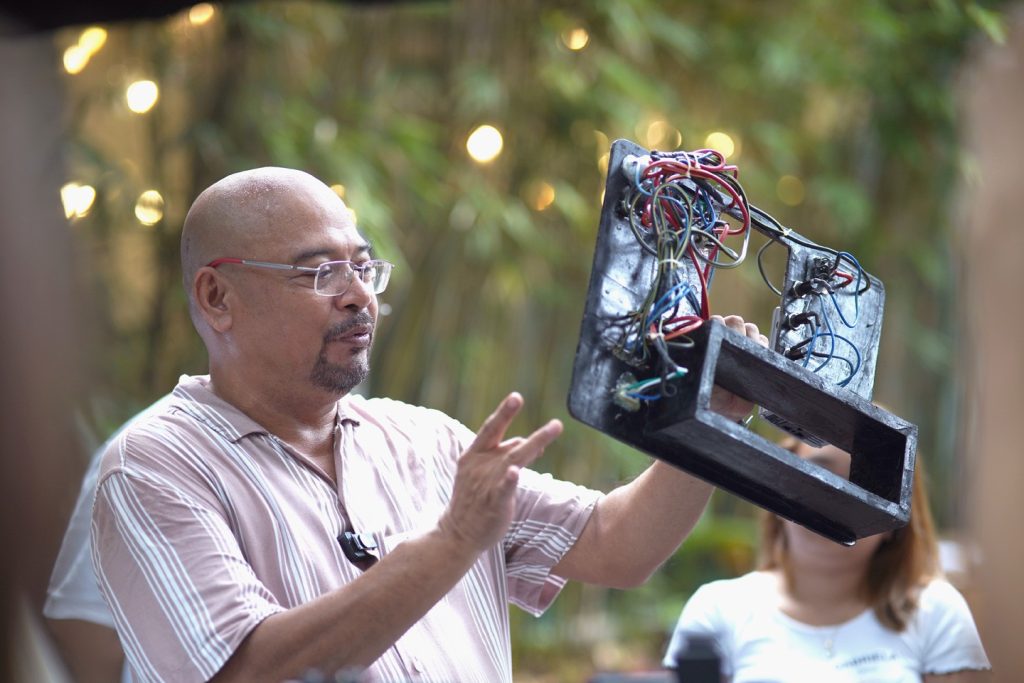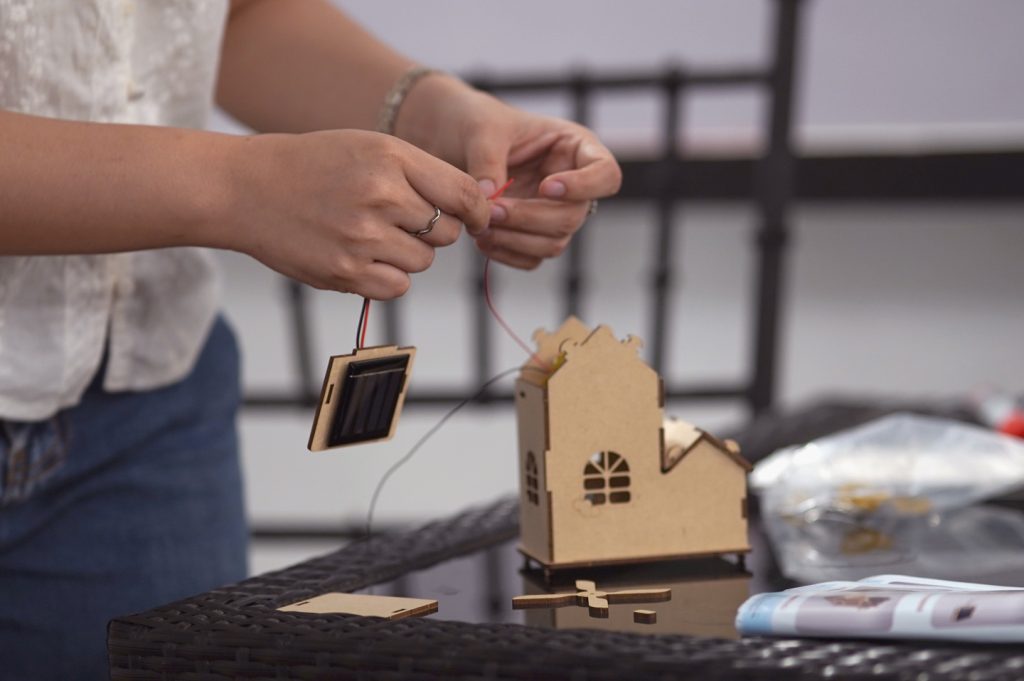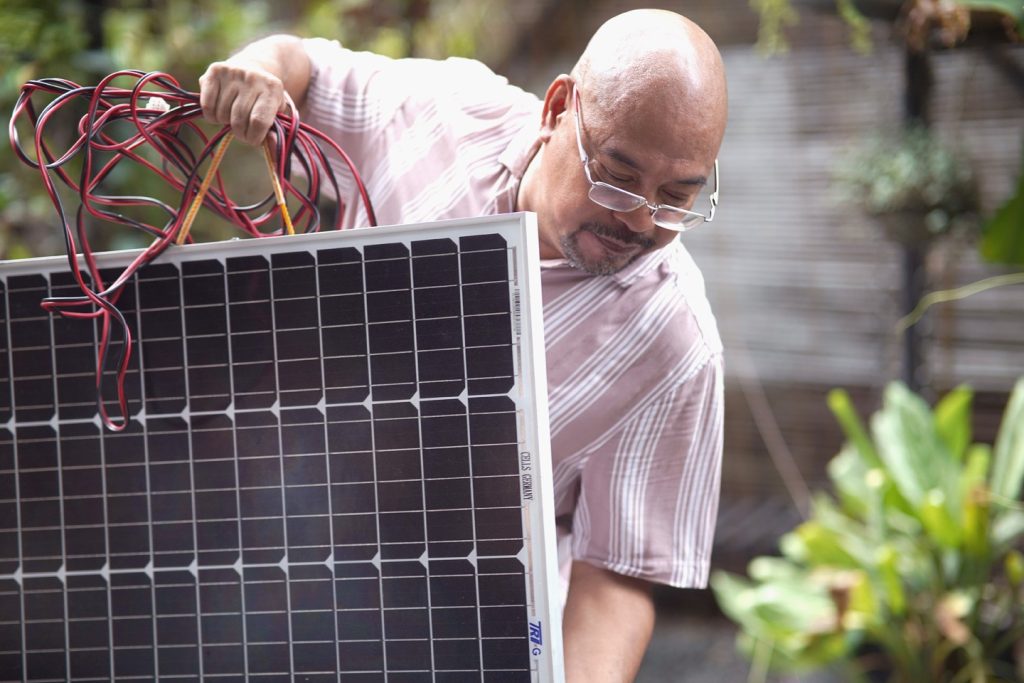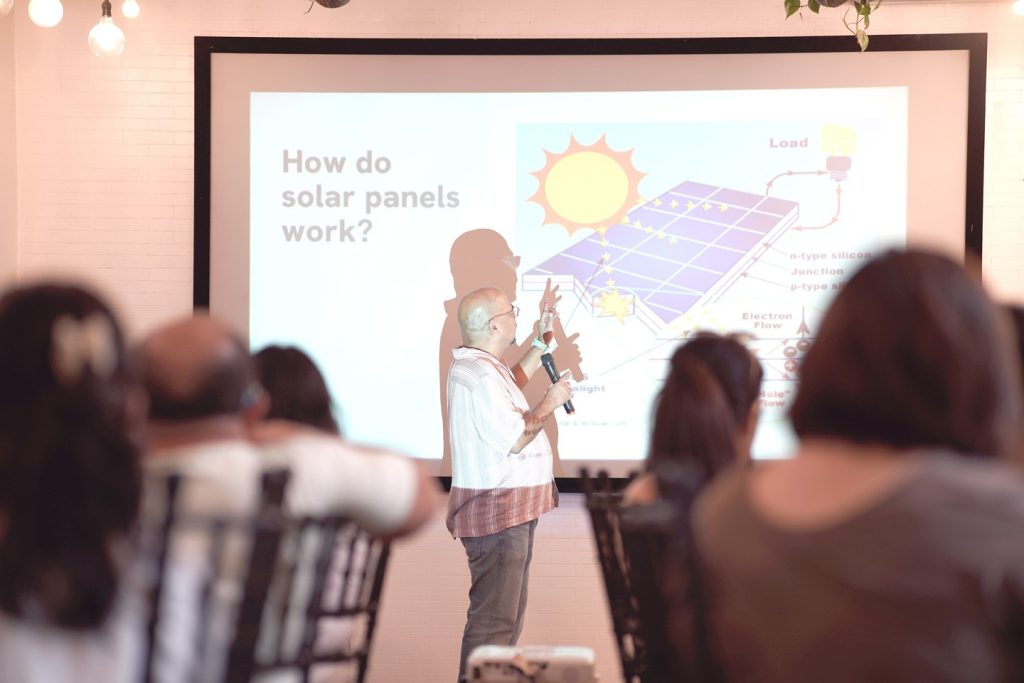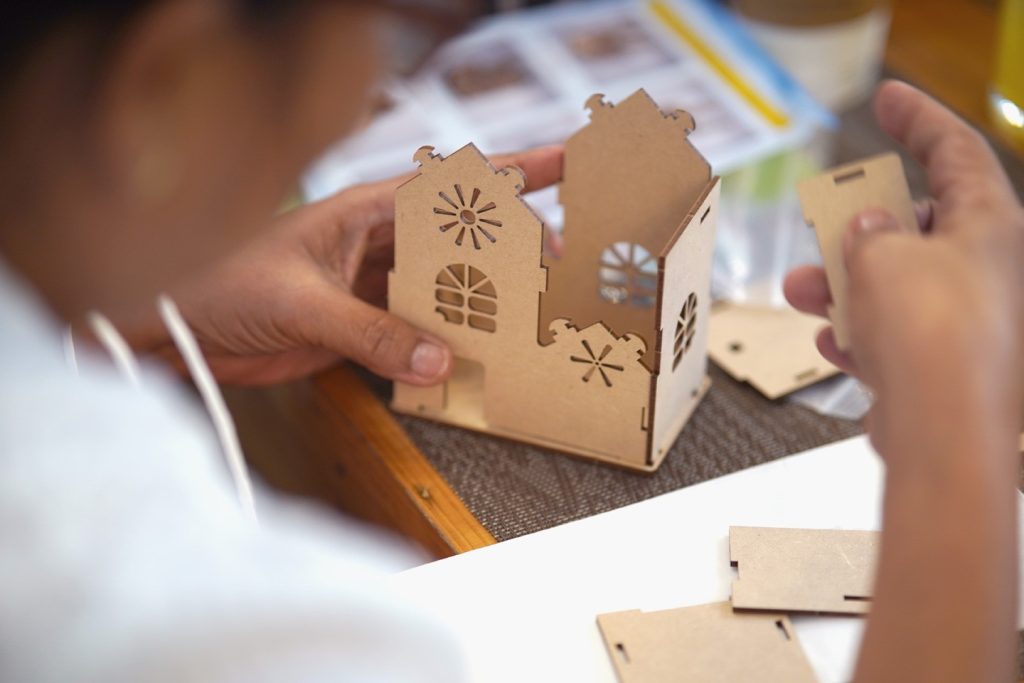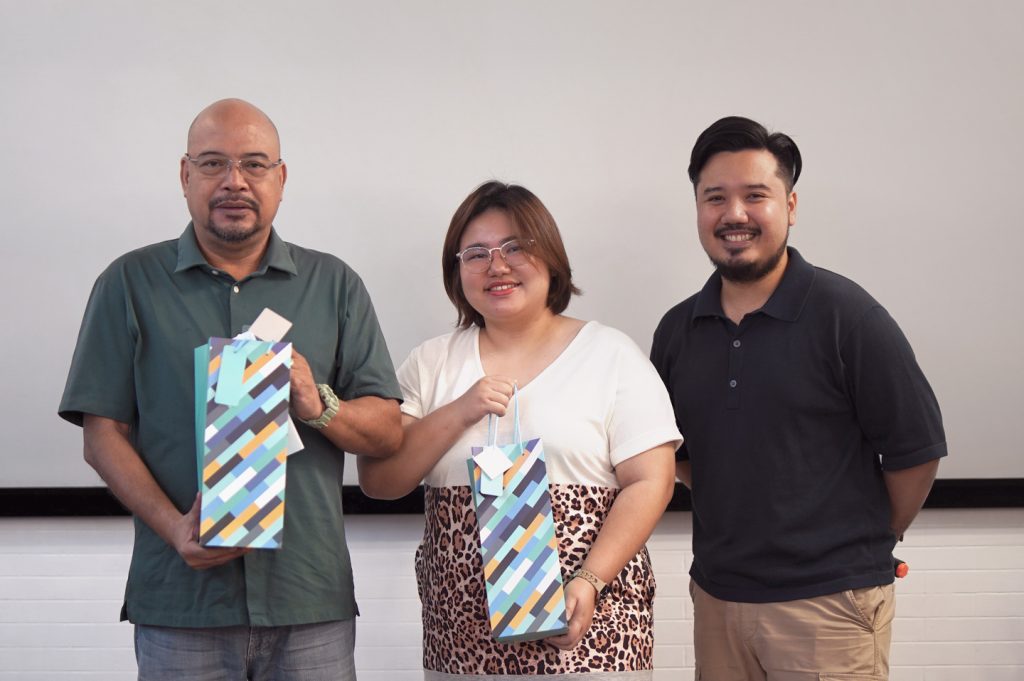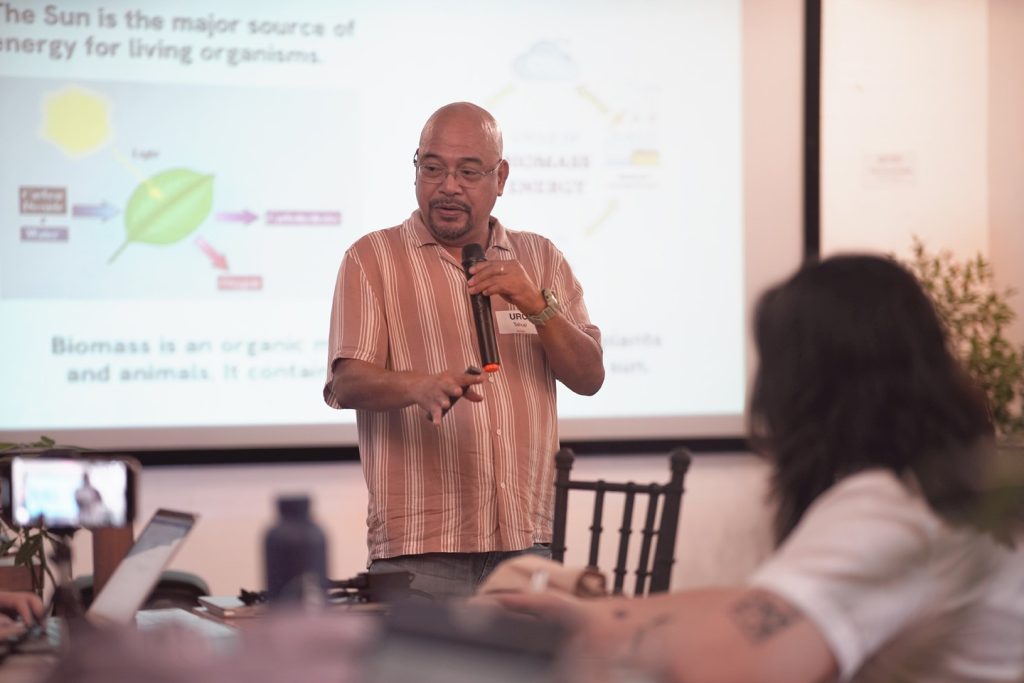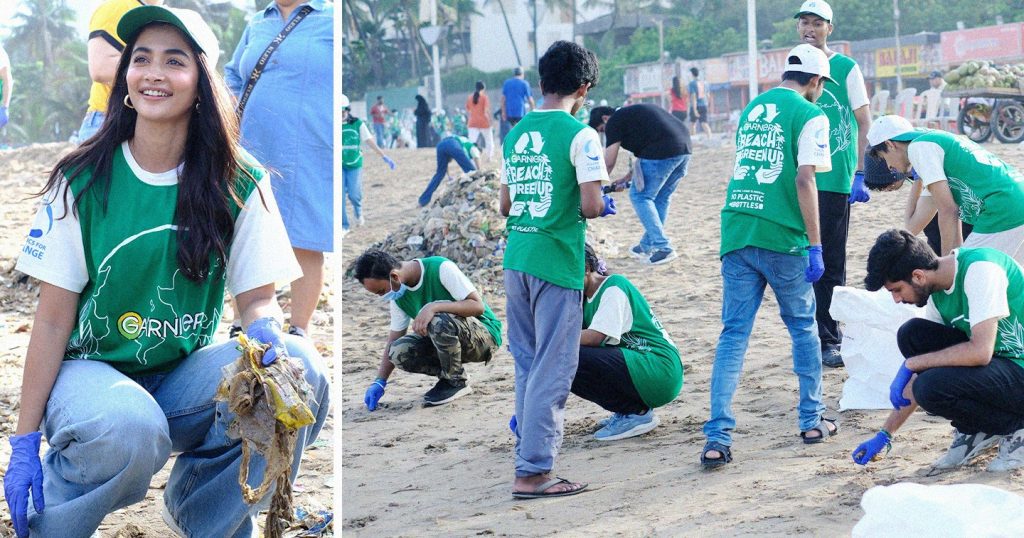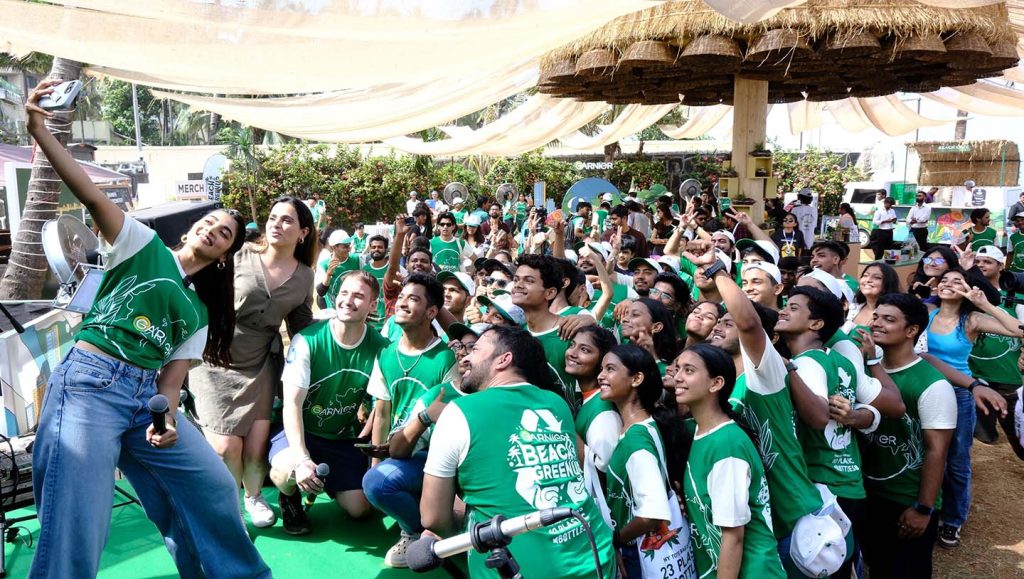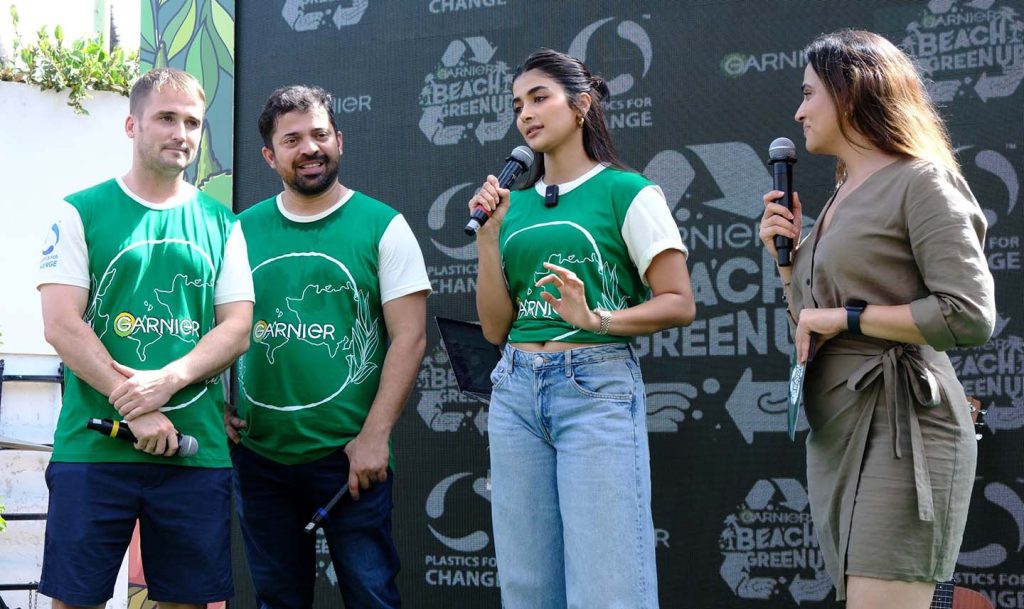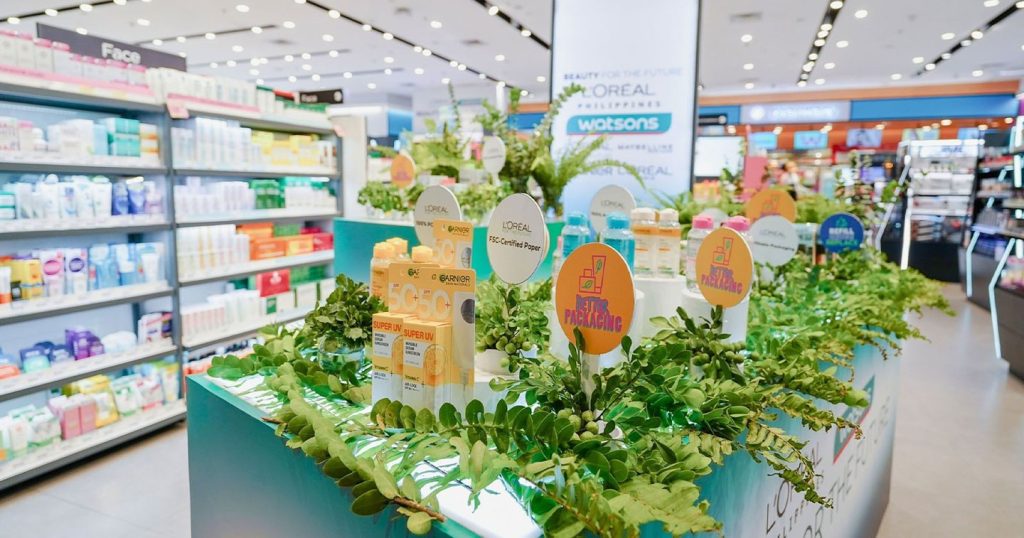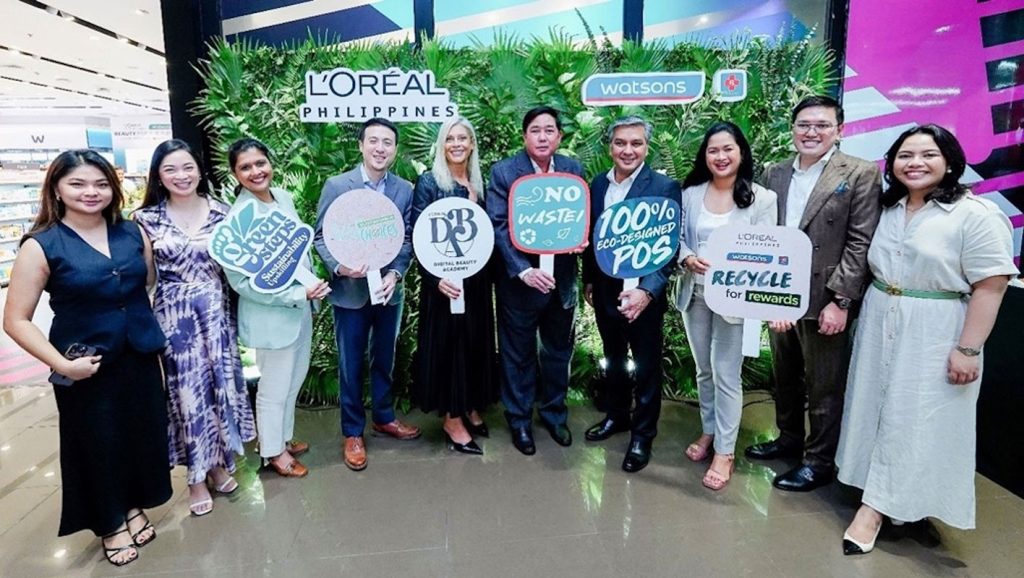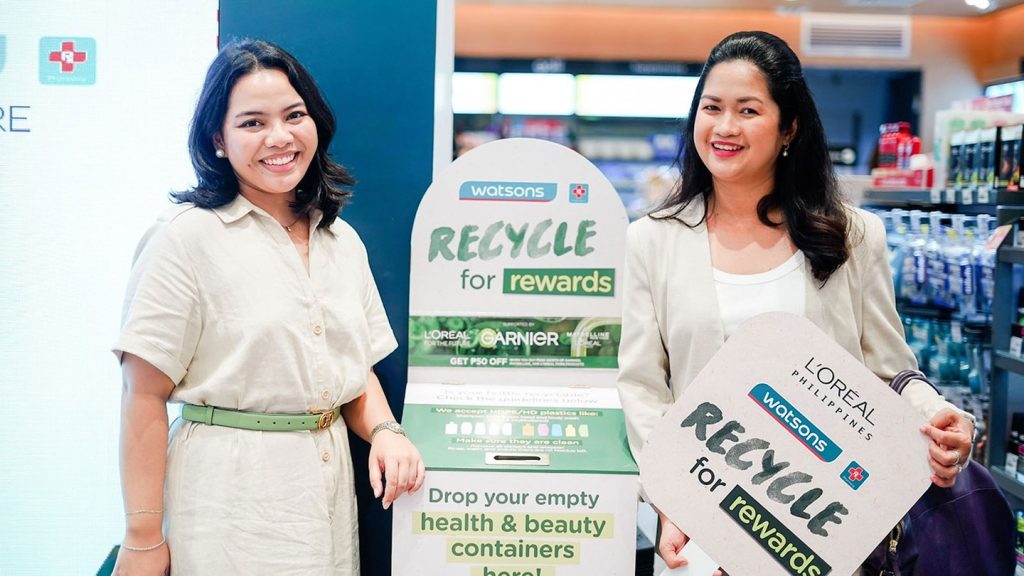MANILA, PHILIPPINES — Mober, a frontrunner in green logistics services in the Philippines, has been recognized in Forbes Asia’s 100 to Watch List of 2024 for its significant impact in the industry and consistent financial growth in the Asia Pacific region.
The Forbes Asia’s 100 to Watch List this year focuses on companies and startups that have achieved steady growth, even as venture capital funding in the region hit a seven-year low last year.
This year, Mober secured an additional $6 million in funding from the South East Asia Clean Energy Facility II (SEACEF II), managed by Clime Capital, building on the $2 million investment received from RT Heptagon Holdings (RTHH) last year. This funding advances Mober’s mission of providing greener logistics solutions in the Philippines.
Mober is one of only three companies from the Philippines that have made it to the list. It is also one of the five listed companies from the construction and logistics industry.
To qualify for the list, companies must be headquartered in the Asia Pacific region, be privately owned and for-profit, have an annual revenue not exceeding $50 million, and have received no more than $100 million in total funding as of August 07, 2024.
Mober CEO Dennis Ng expressed his gratitude, saying, “This recognition underscores the global importance of our mission in sustainable logistics. At Mober, we remain steadfast in our commitment to helping businesses achieve net-zero carbon emissions with zero capital expenditures, paving the way for a greener future.”
Mober started in 2015 and was initially designed to help small and medium-sized enterprises (SMEs) solve their on-demand logistical needs. Despite economic turmoil due to the pandemic in October 2021, Mober saw the need to trailblaze the green movement and made its bold move and invested in its first EV fleet. It has now become a business-to-business (B2B) platform facilitating sustainable delivery for some of the Philippines’ retail giants such as IKEA Philippines, SM Appliance Center, Nestle Philippines, and Nespresso, as well as renowned logistics companies Maersk and Kuehne+Nagel.
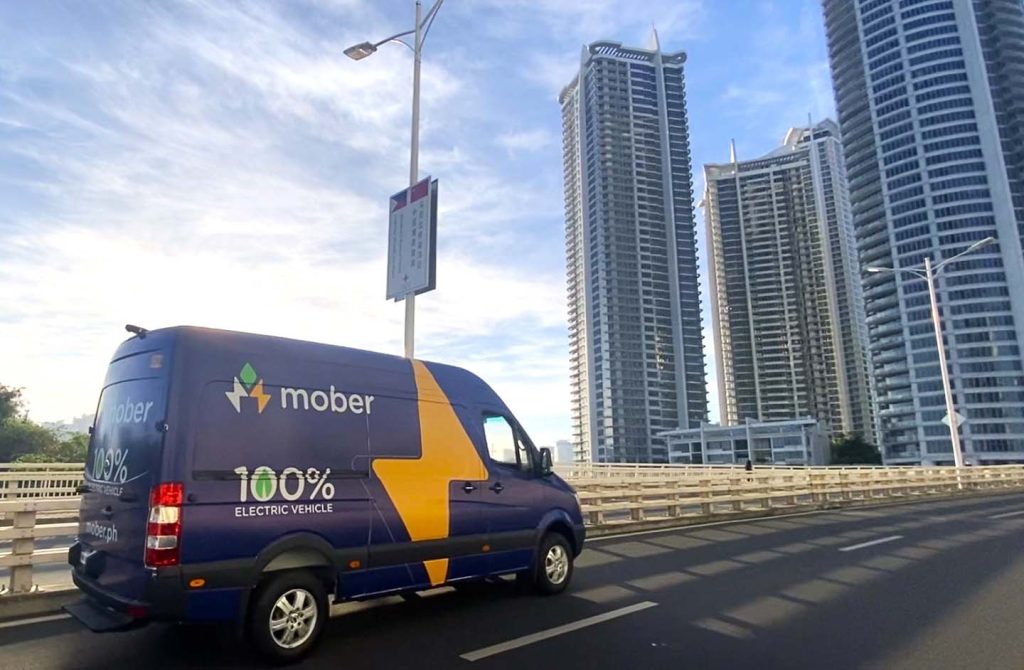
Mober currently operates a fleet of over 60 electric vehicles (EVs), including e-vans and e-trucks, and aims to expand to 238 electric trucks by year-end.
Mober has invested in its proprietary BMS (Battery Management System) software to enhance the performance and efficiency of its EV fleet. This investment allows Mober to optimize battery usage, improve safety, gather real-time data for better fleet management, and extend battery lifespan. By doing so, Mober strengthens its commitment to sustainability and ensures the seamless scalability of its operations as the fleet grows.
Mober also announced early this year the development of its advanced Transport Management System (TMS), designed to optimize fleet route planning and delivery schedules, enhancing resource management while significantly reducing energy consumption and carbon output.
In addition to its environmental initiatives, Mober is committed to inclusivity by training female drivers and assemblers, highlighting the company’s dedication to workforce diversity. Mober’s Green Delivery Specialists (GDS), its EV drivers, exemplify the company’s high standards of service and sustainability.
Looking ahead, Mober plans to establish a network of charging stations from Pasay City to Tacloban, strategically positioned every 150 to 200 kilometers, to support its vision of sustainable logistics across the region.
Aligning with the mandates of the Electric Vehicles and Charging Systems (EVIDA) Act, Mober’s initiatives reinforce the Philippines’ commitment to eco-driven policies. Through its pioneering approach, Mober provides businesses with a clear pathway to decarbonize their last and mid-mile delivery systems, ushering in a new era of business sustainability.
To learn more about Mober and its green logistics services, you may visit https://www.moberdelivery.com/.

